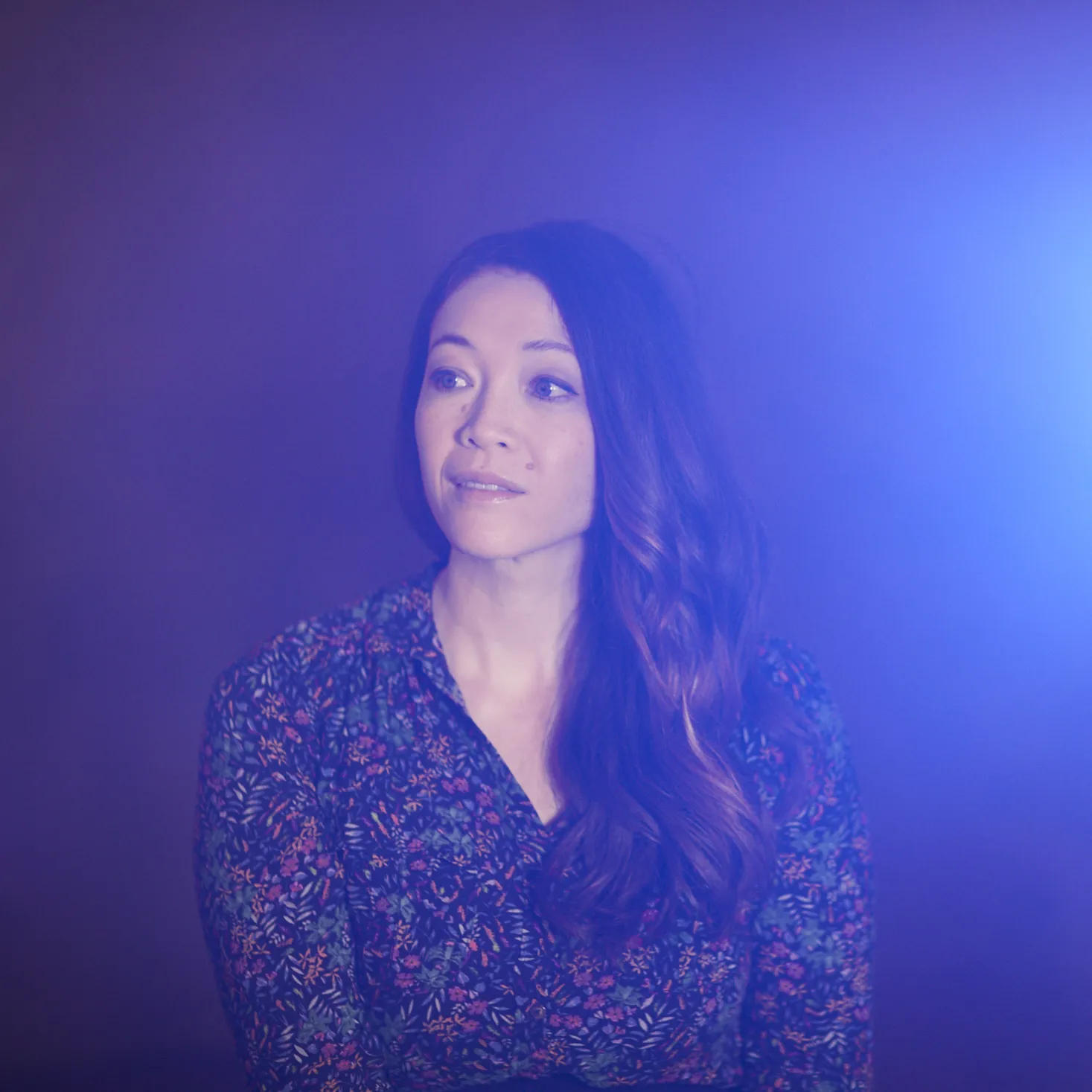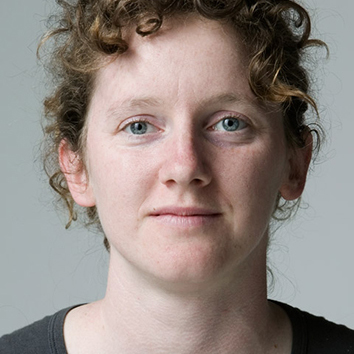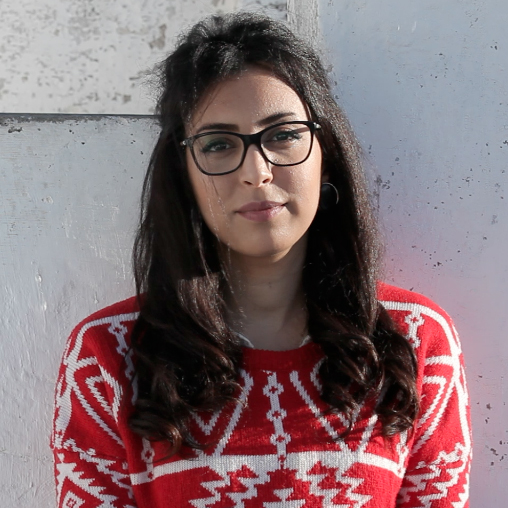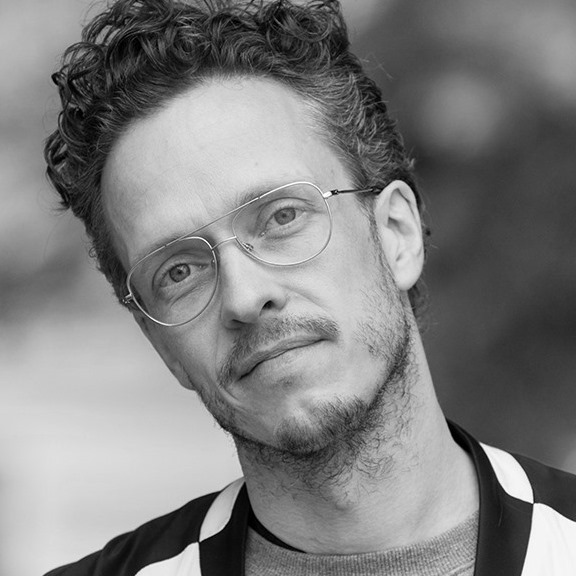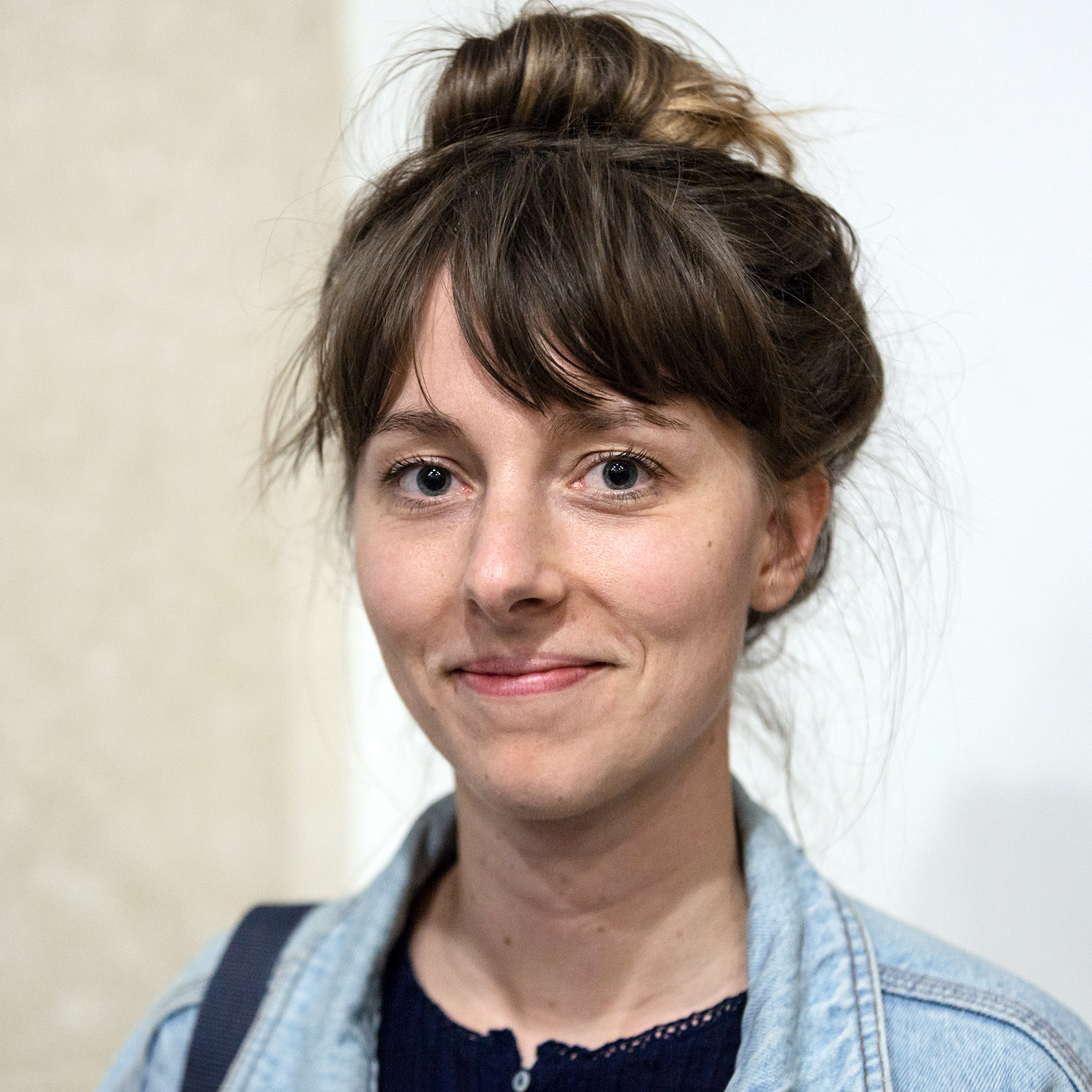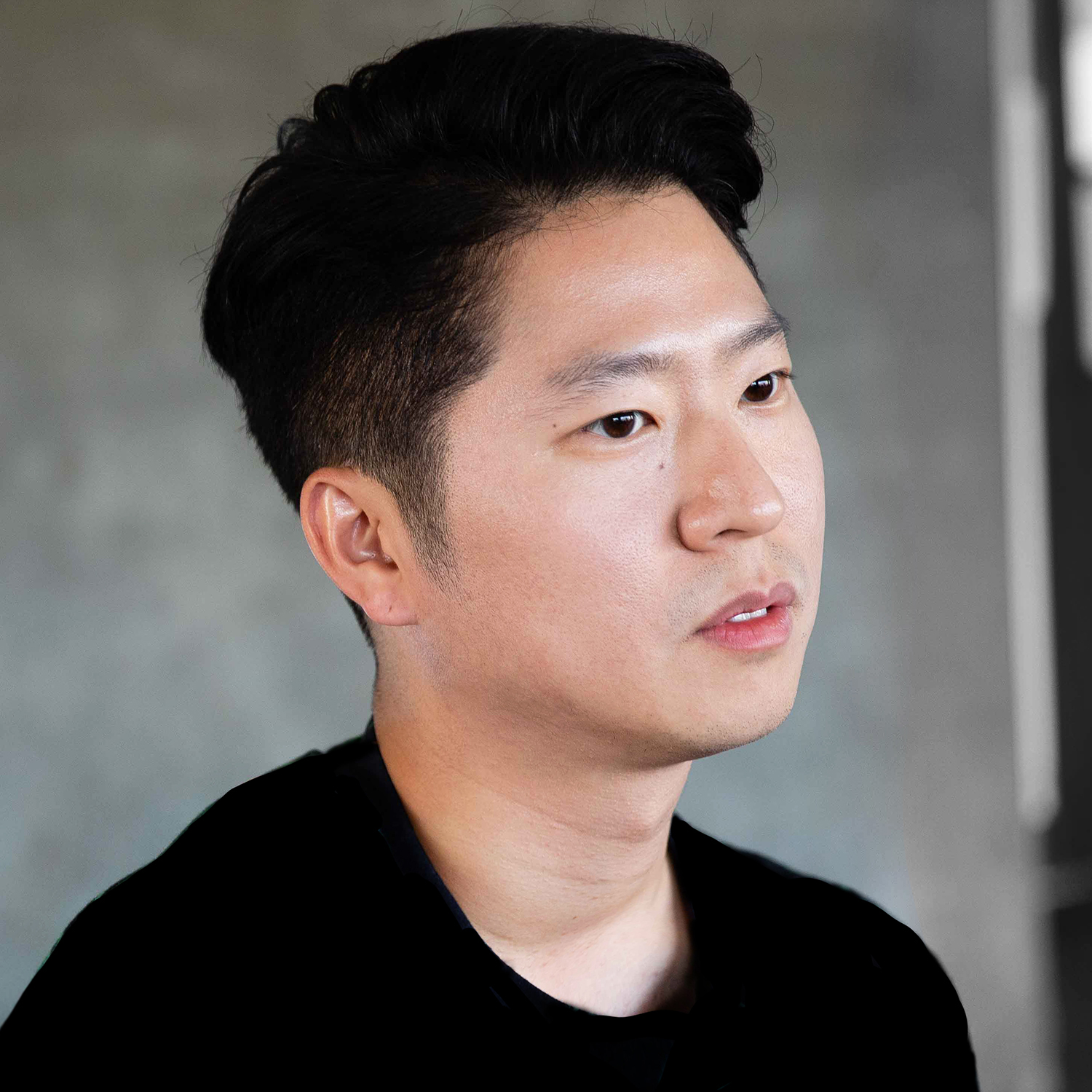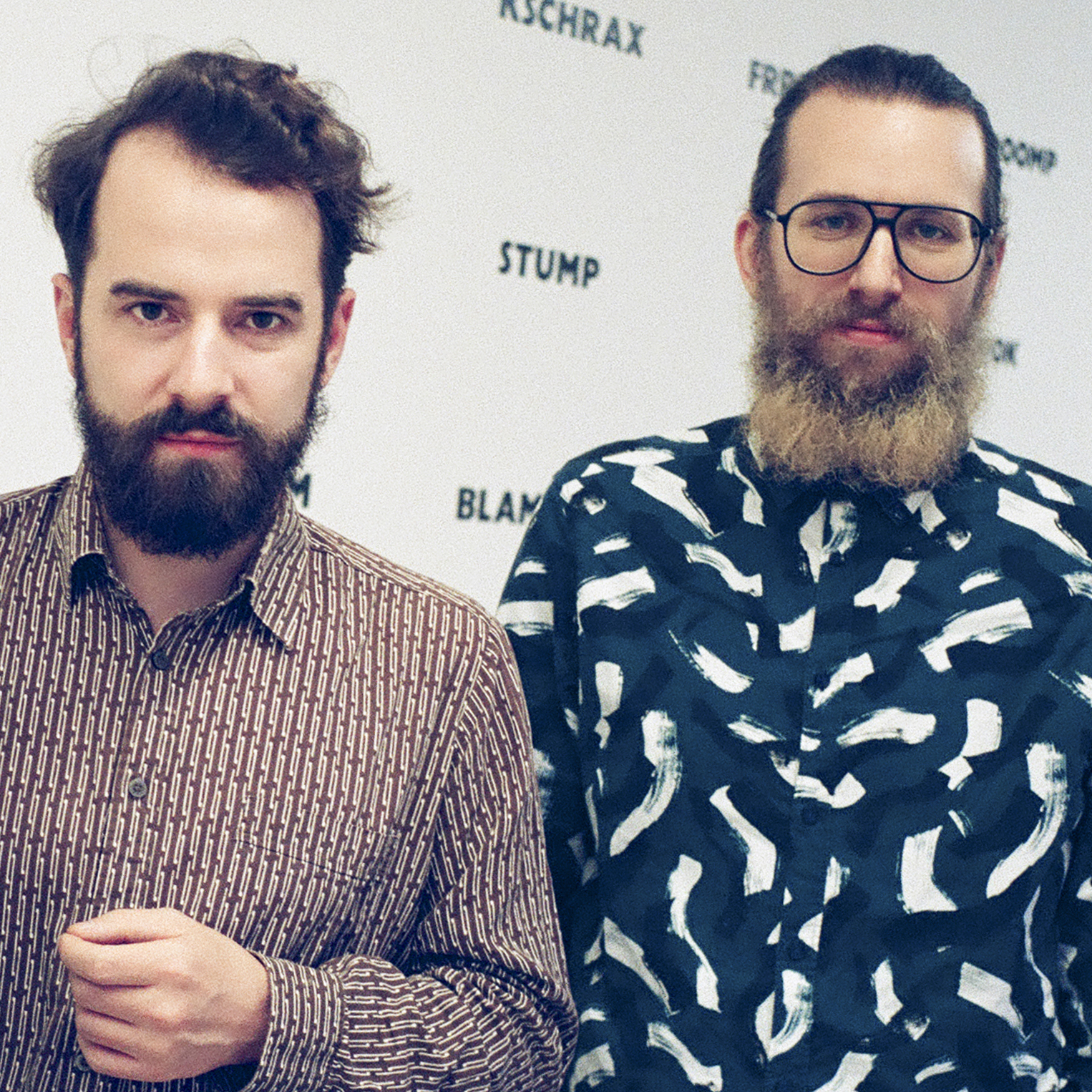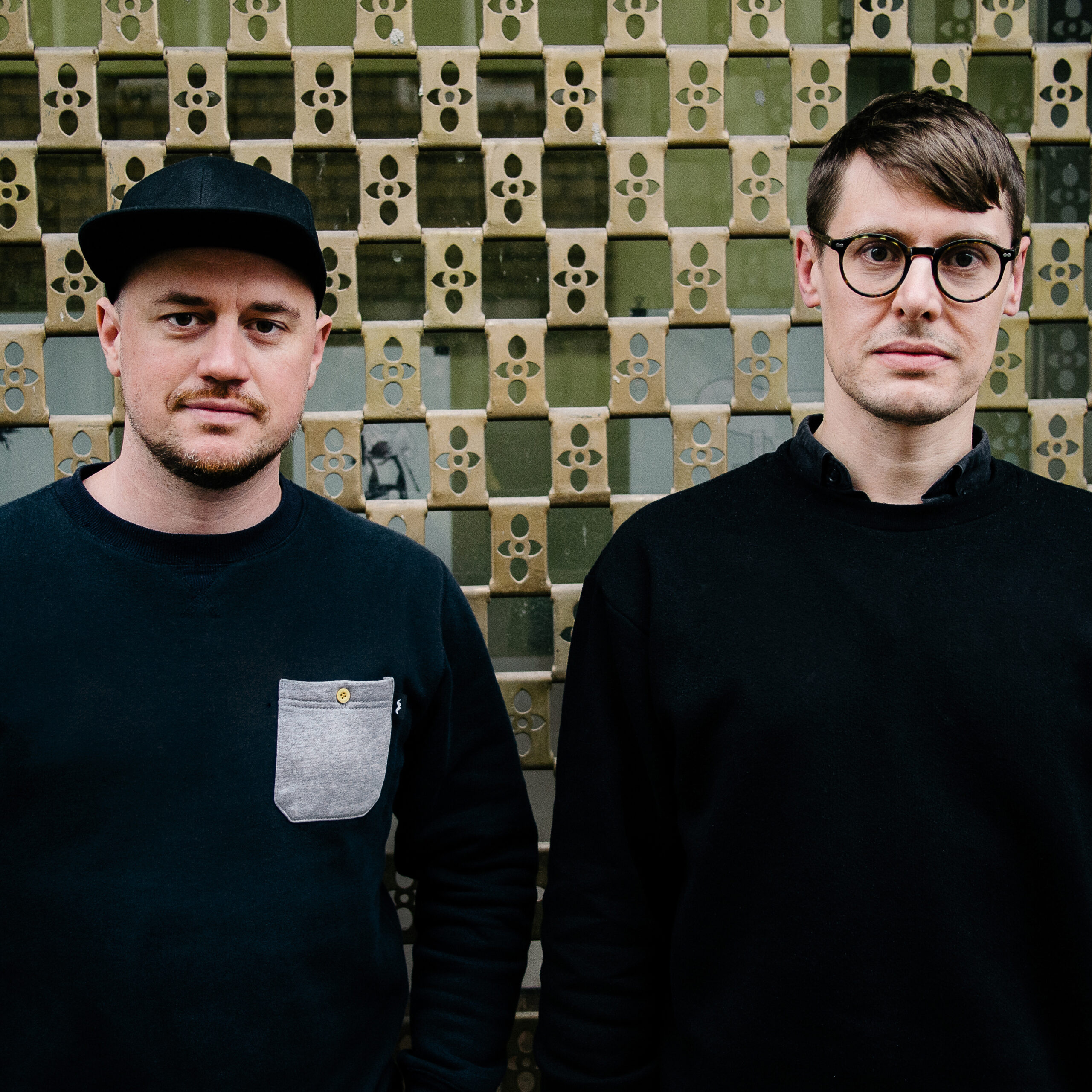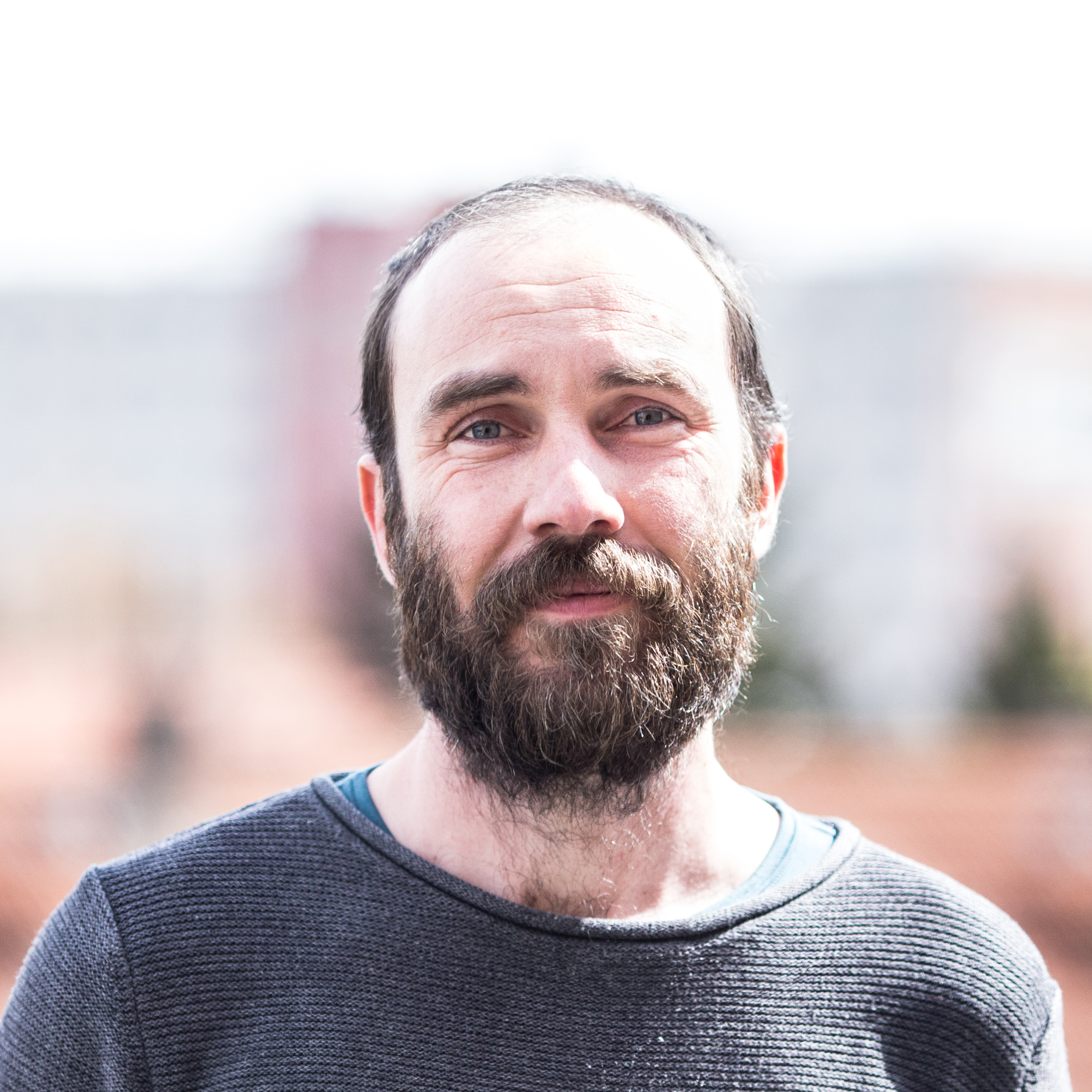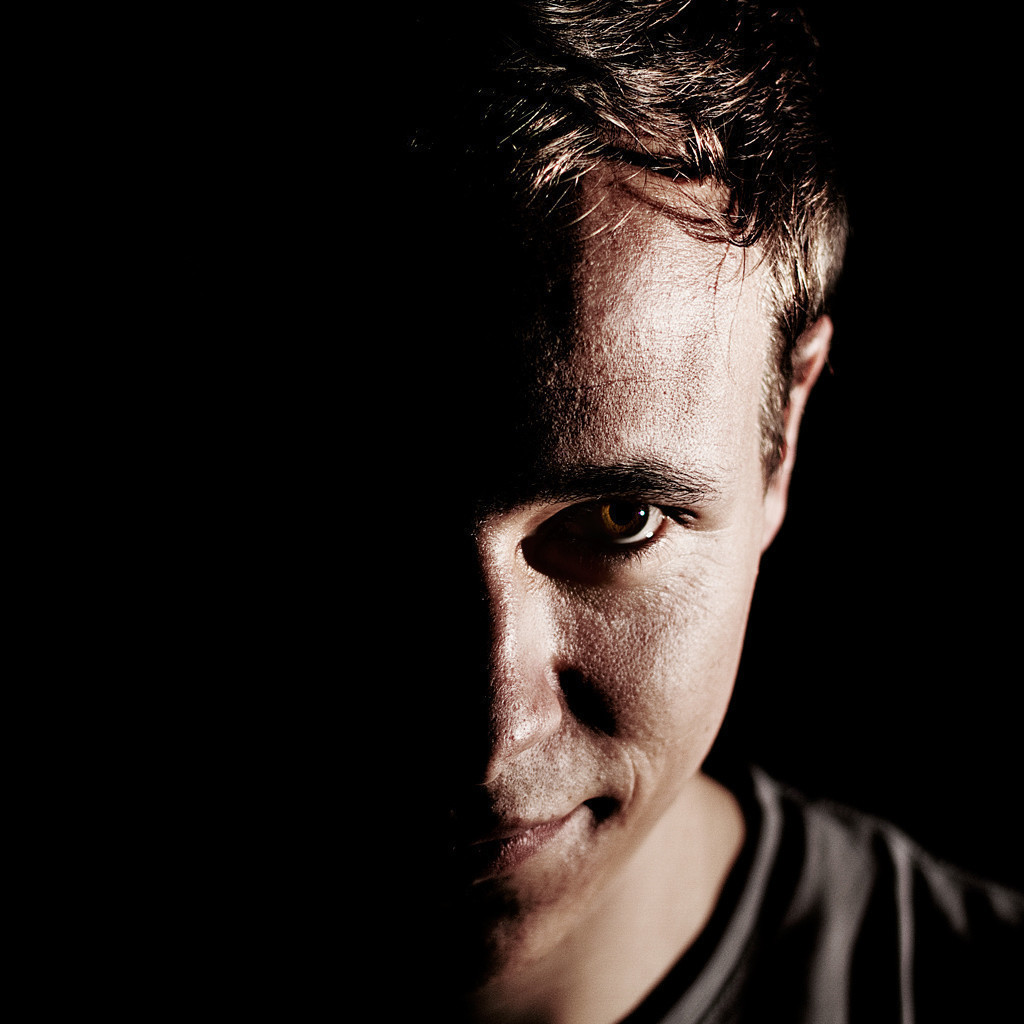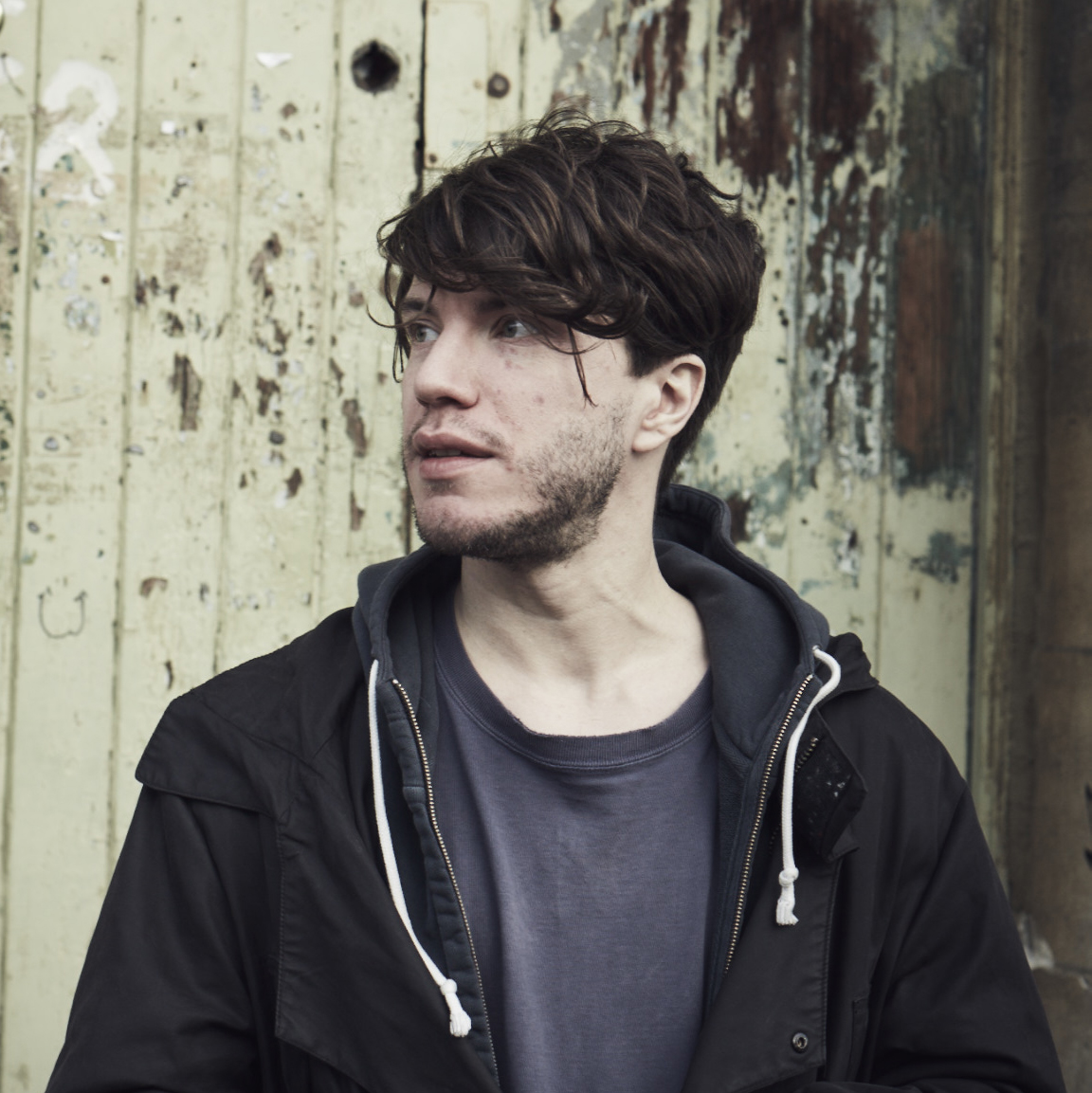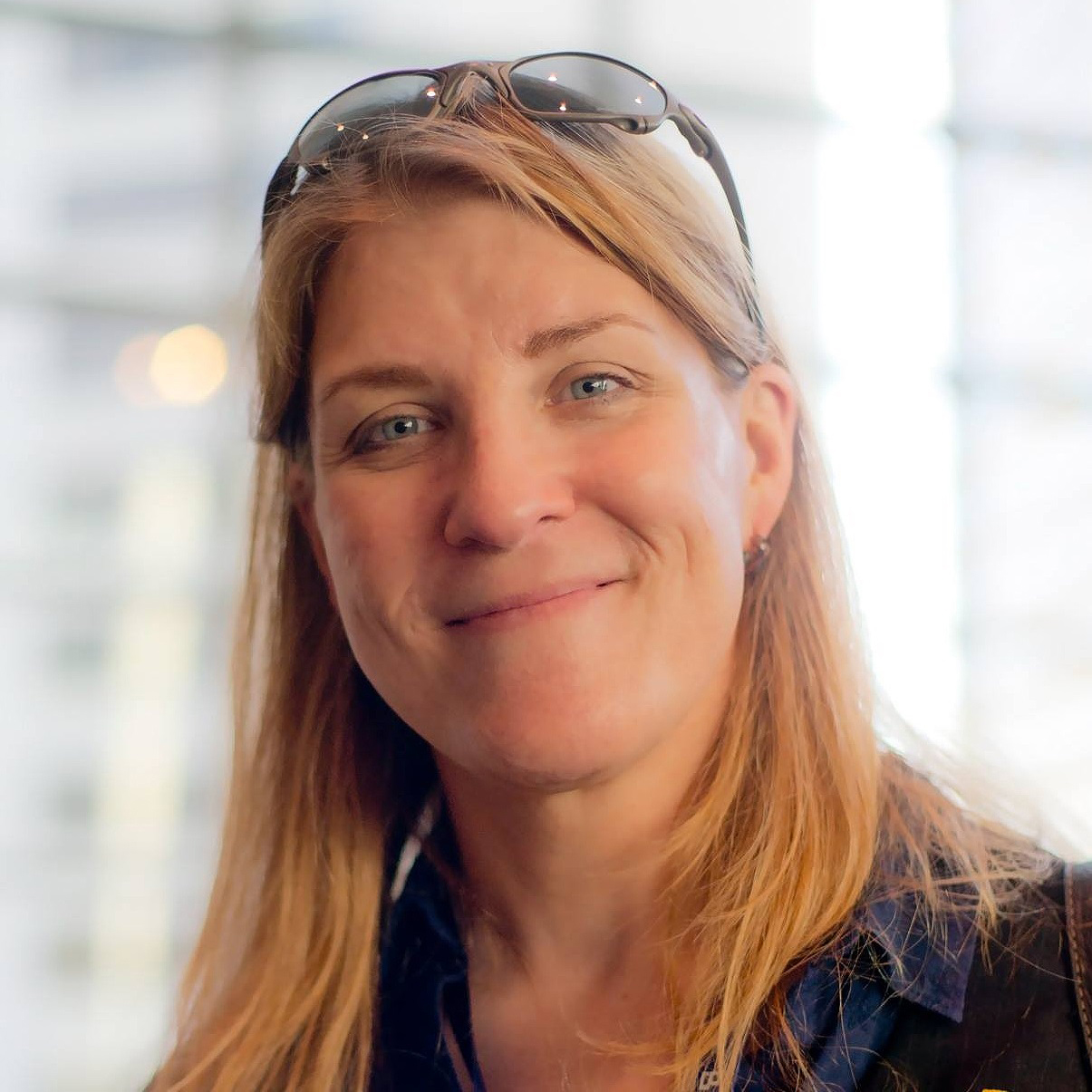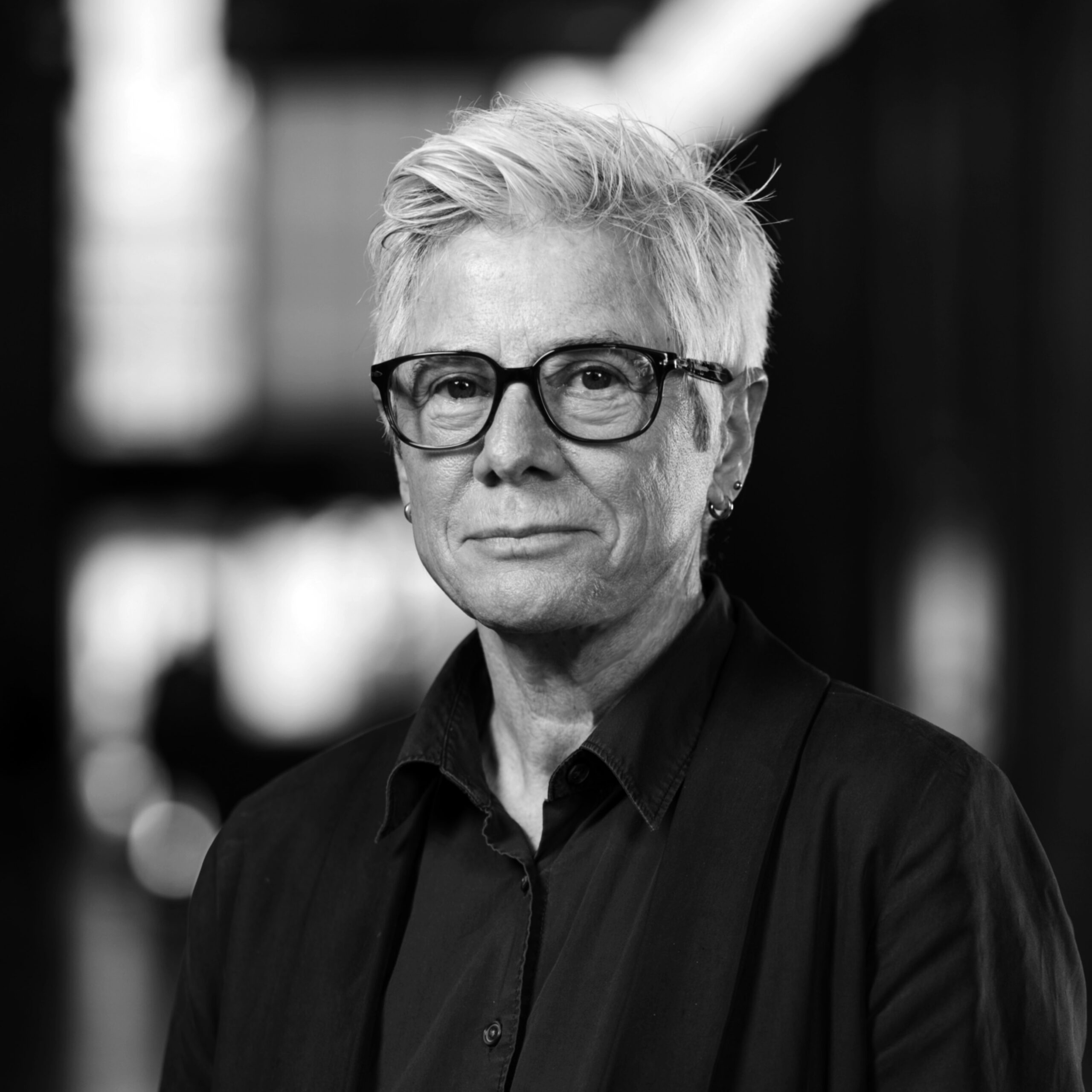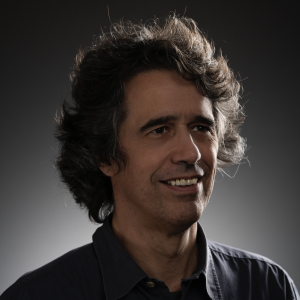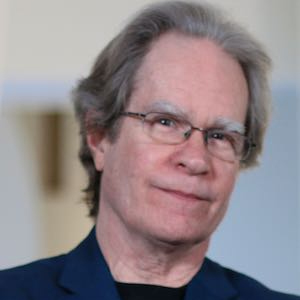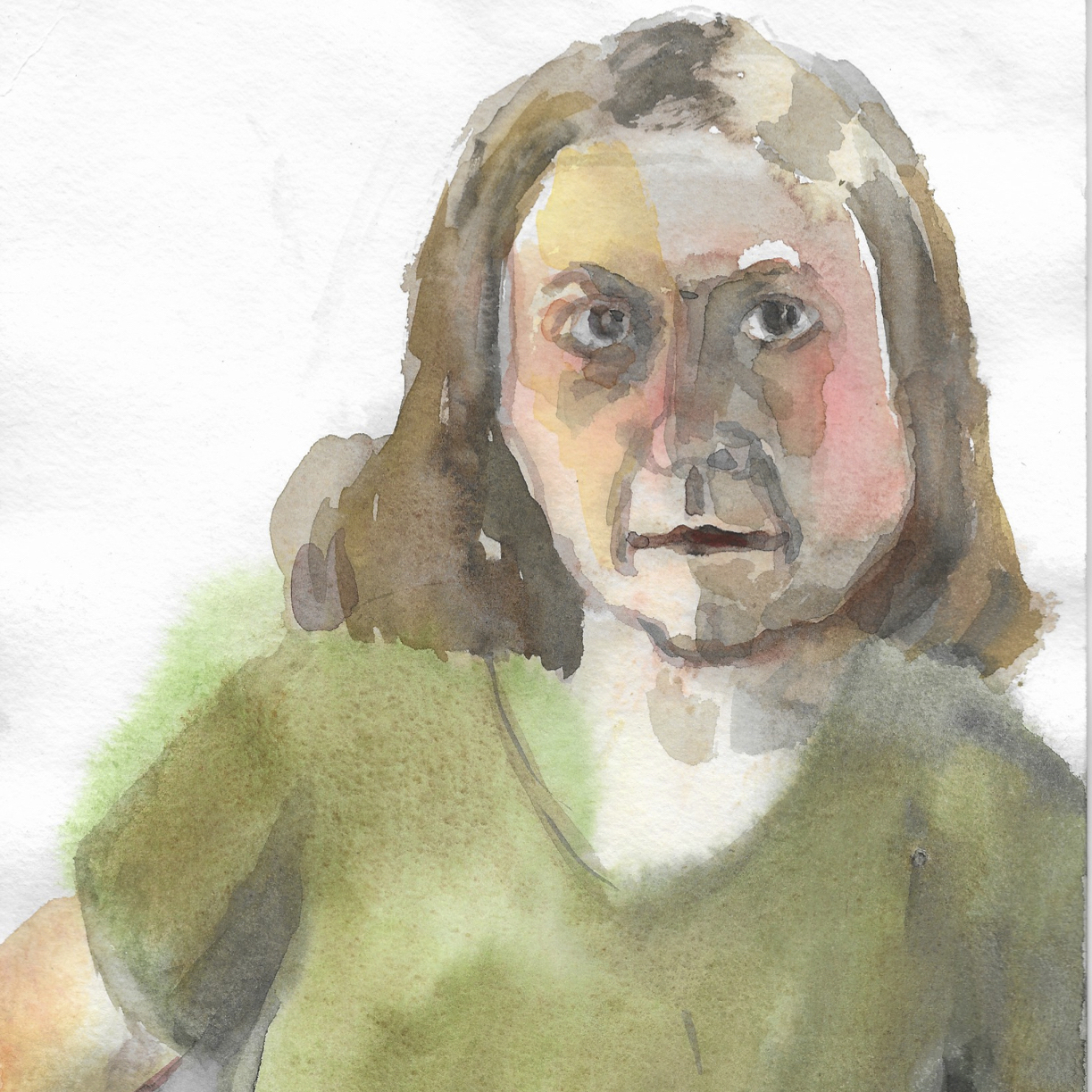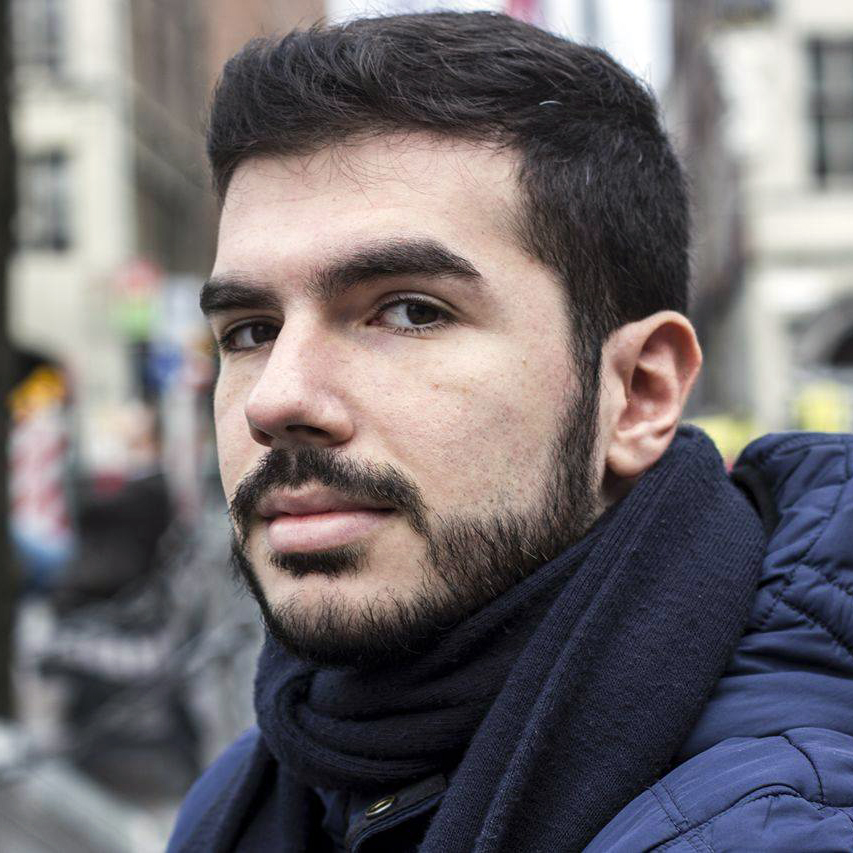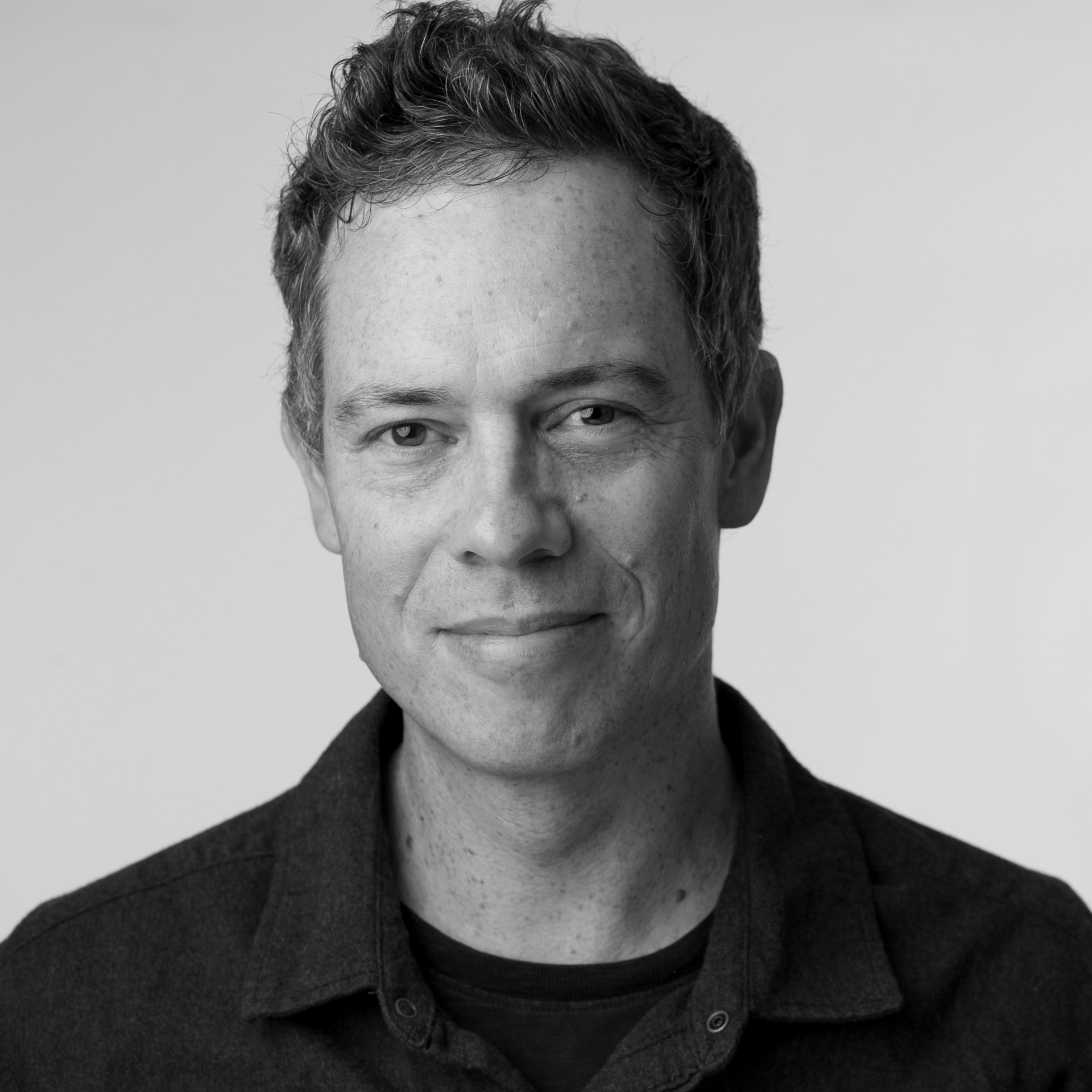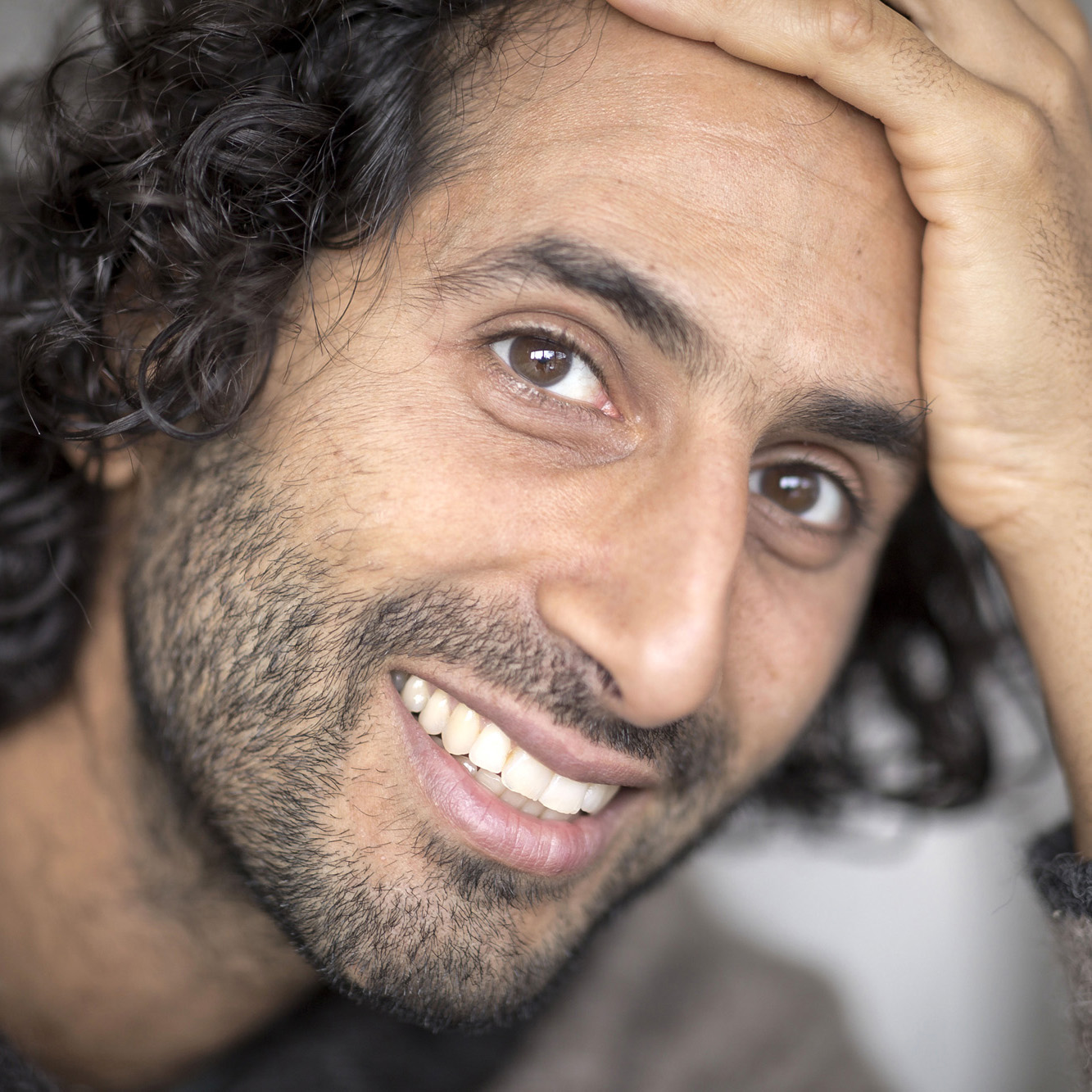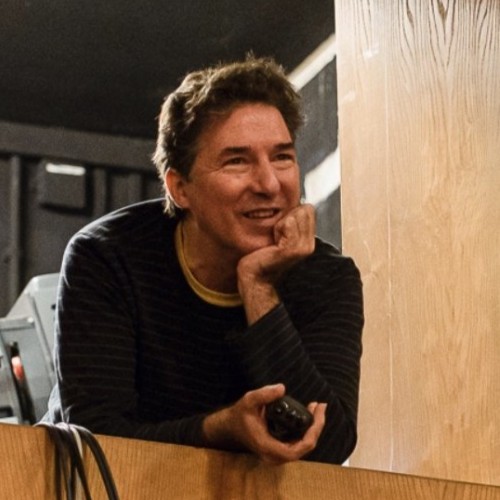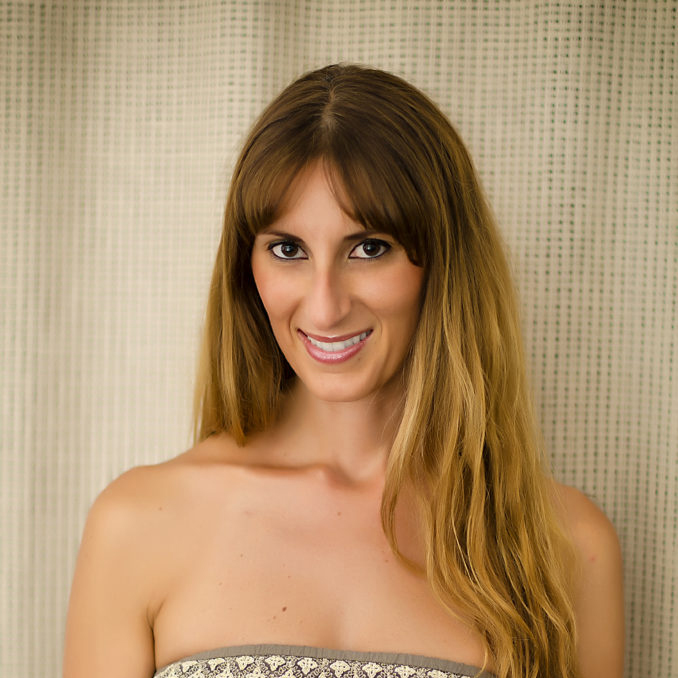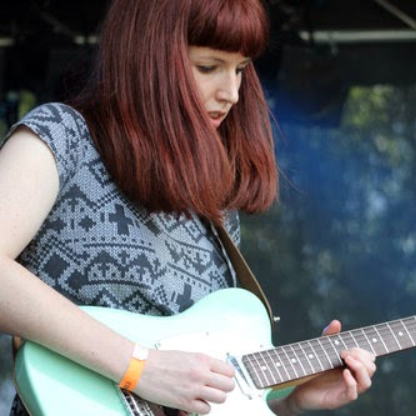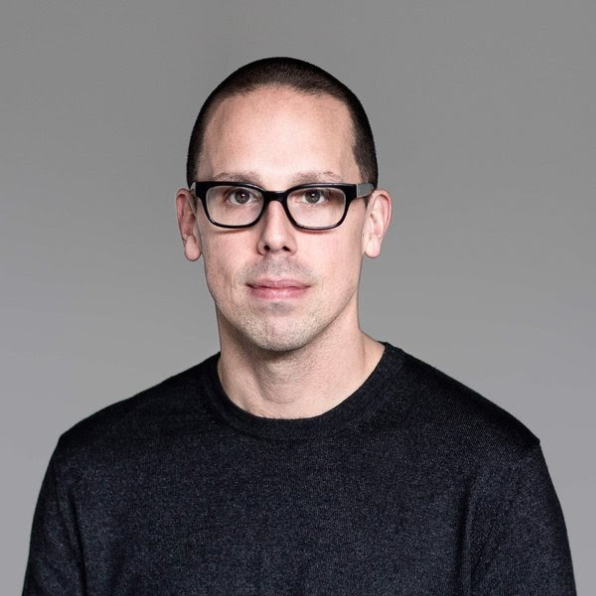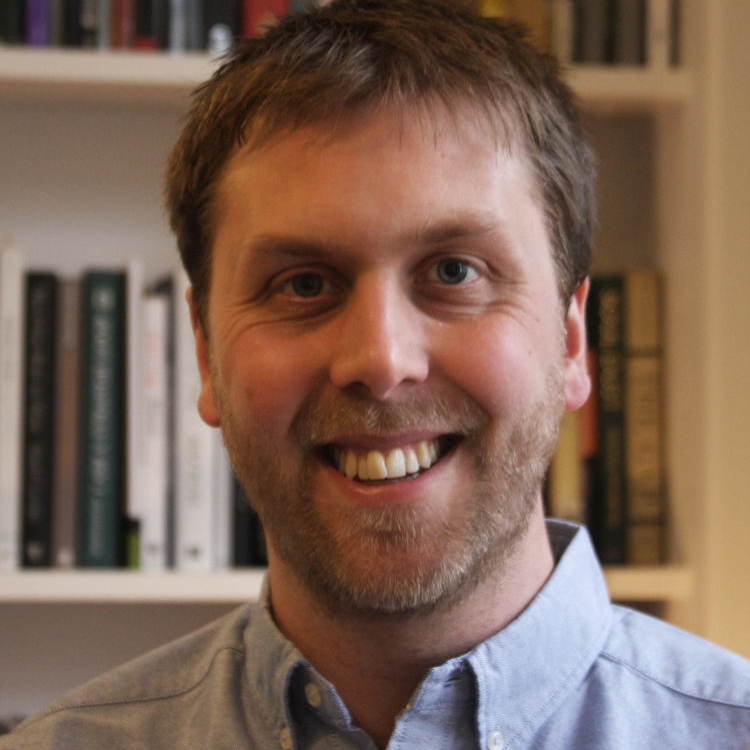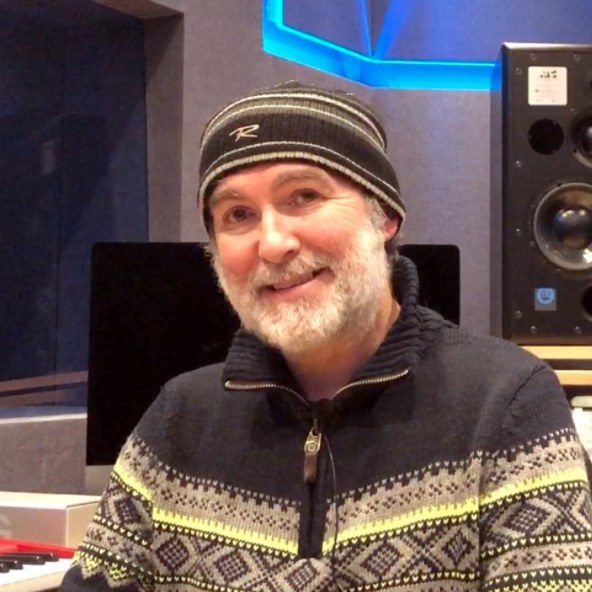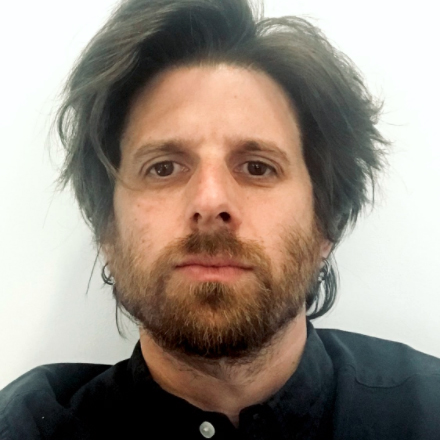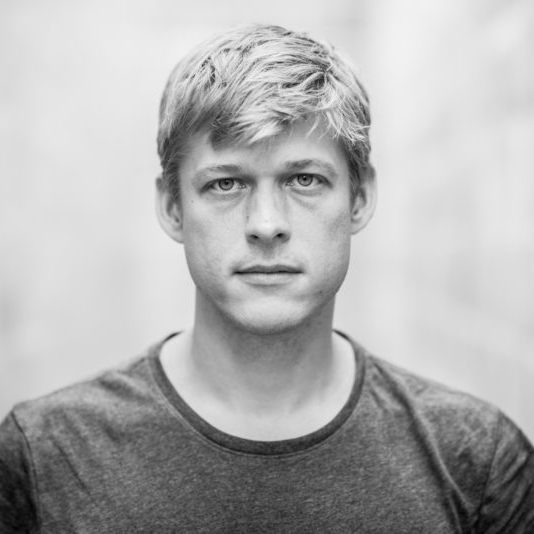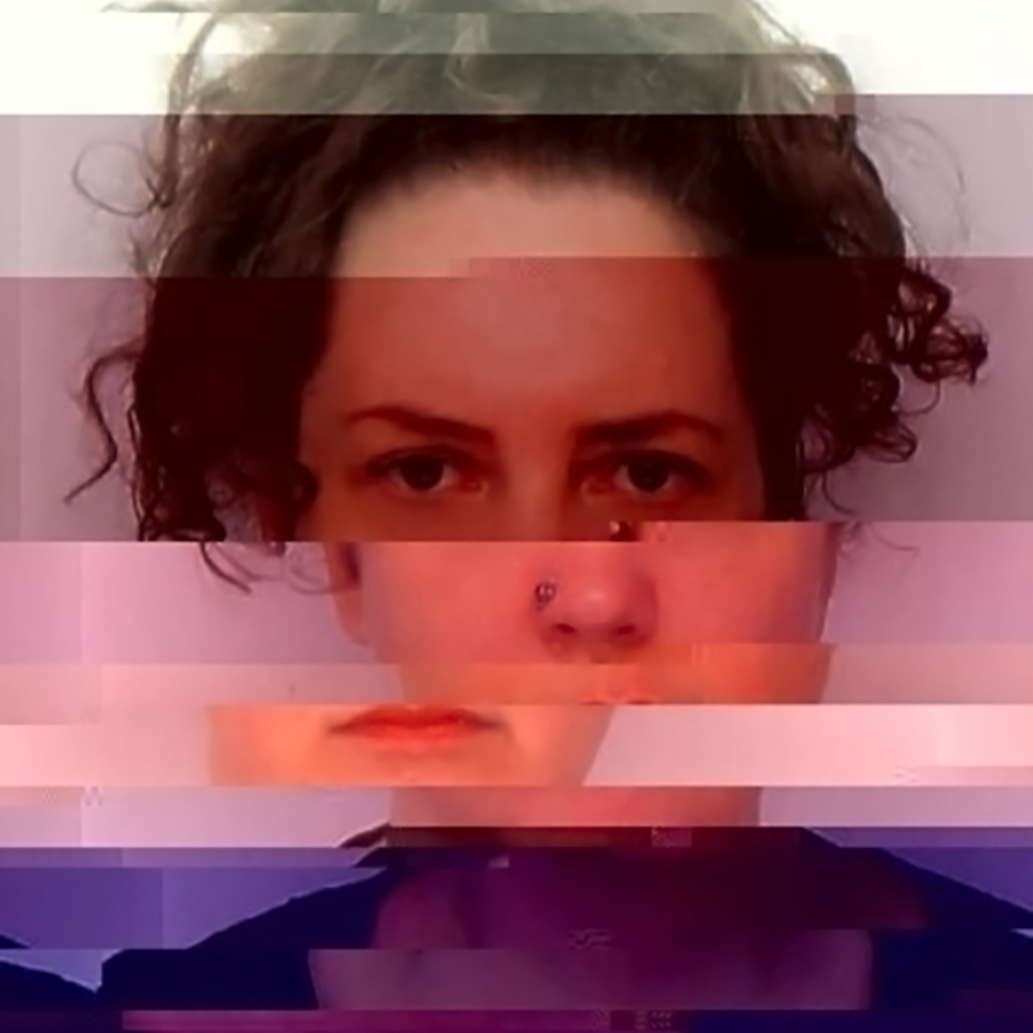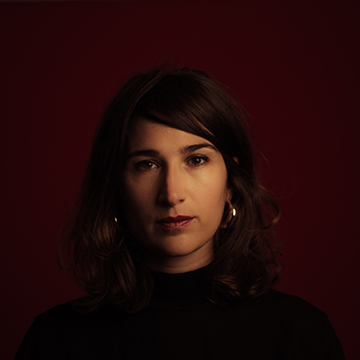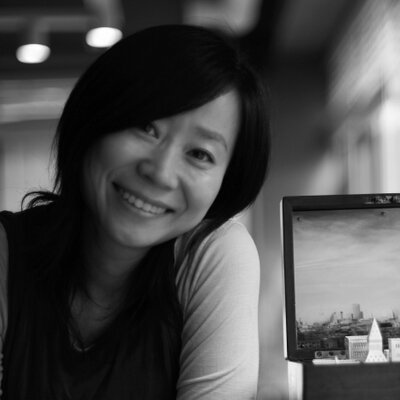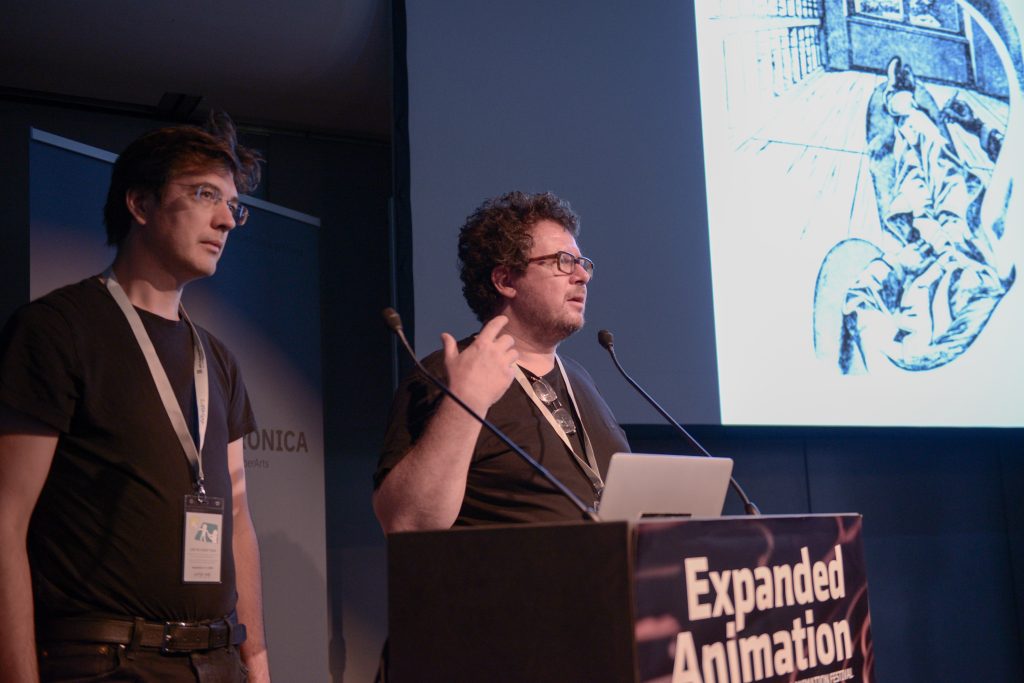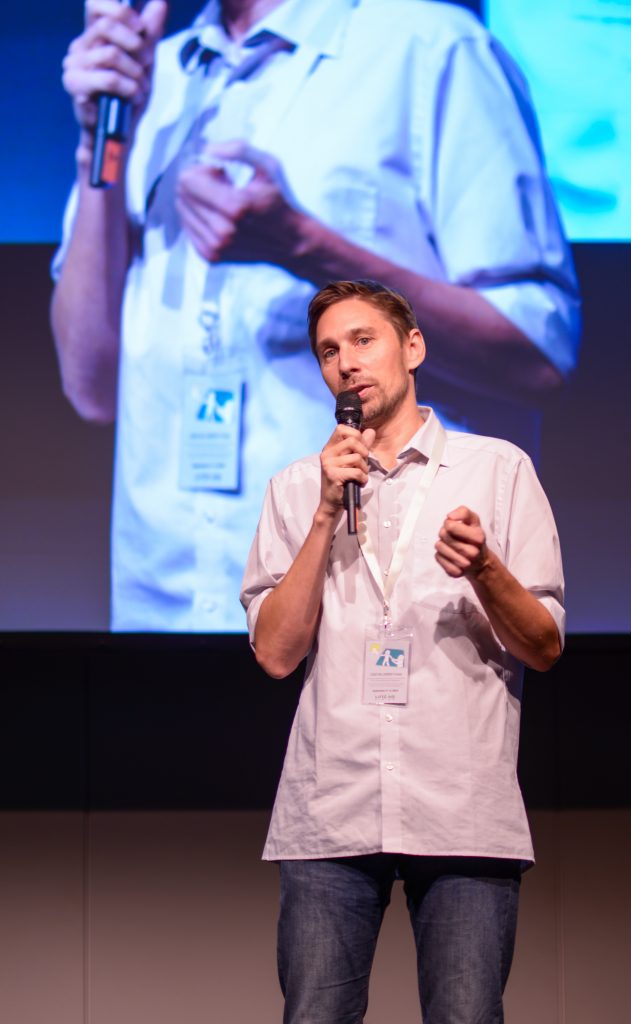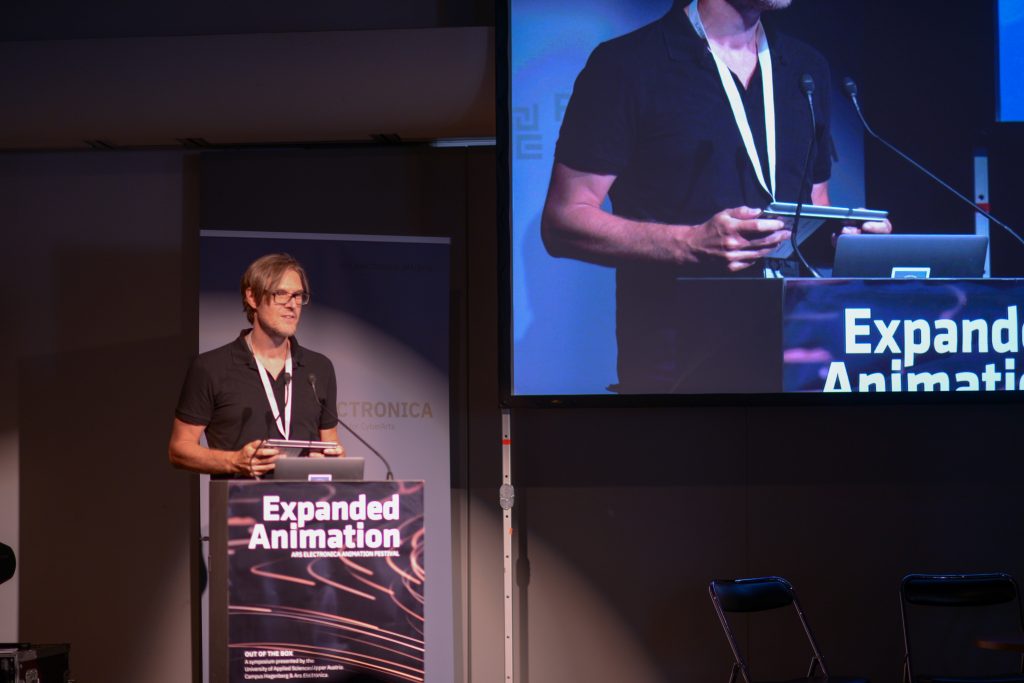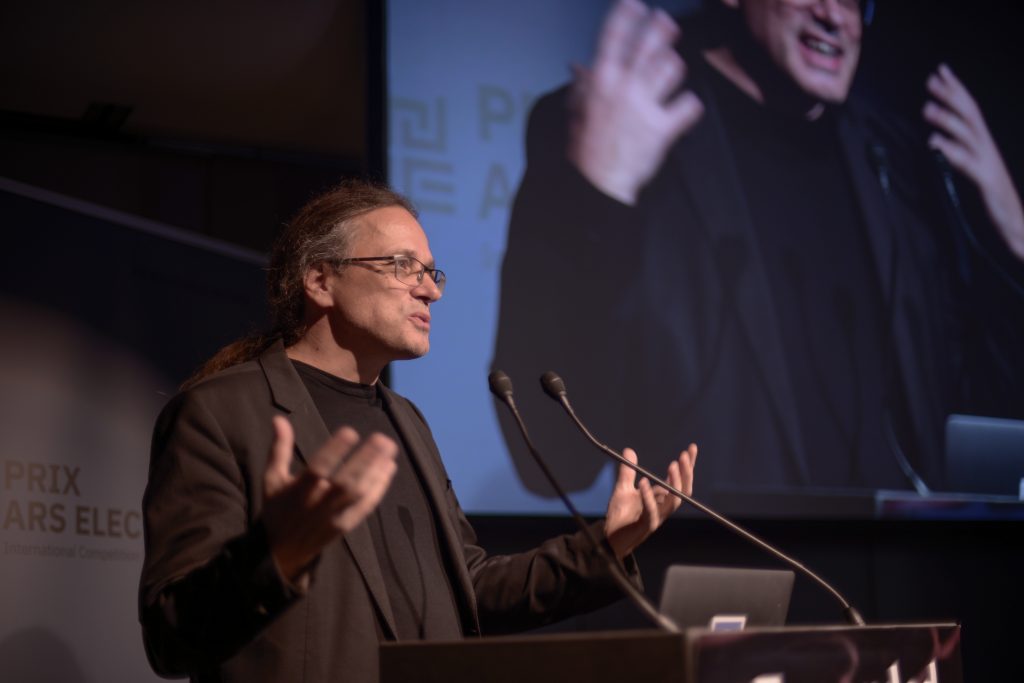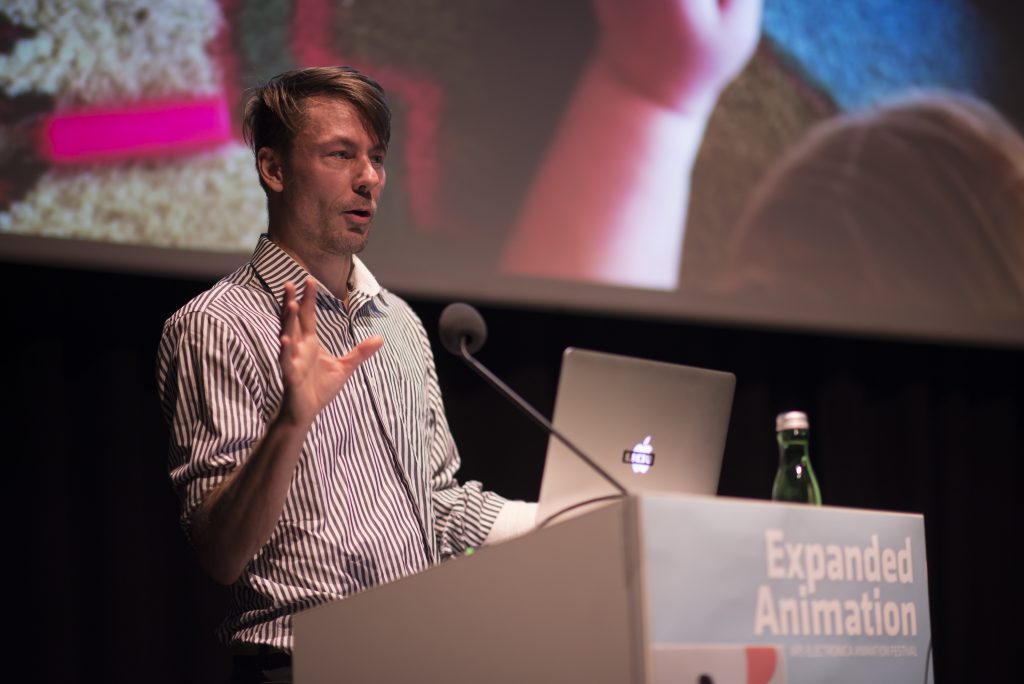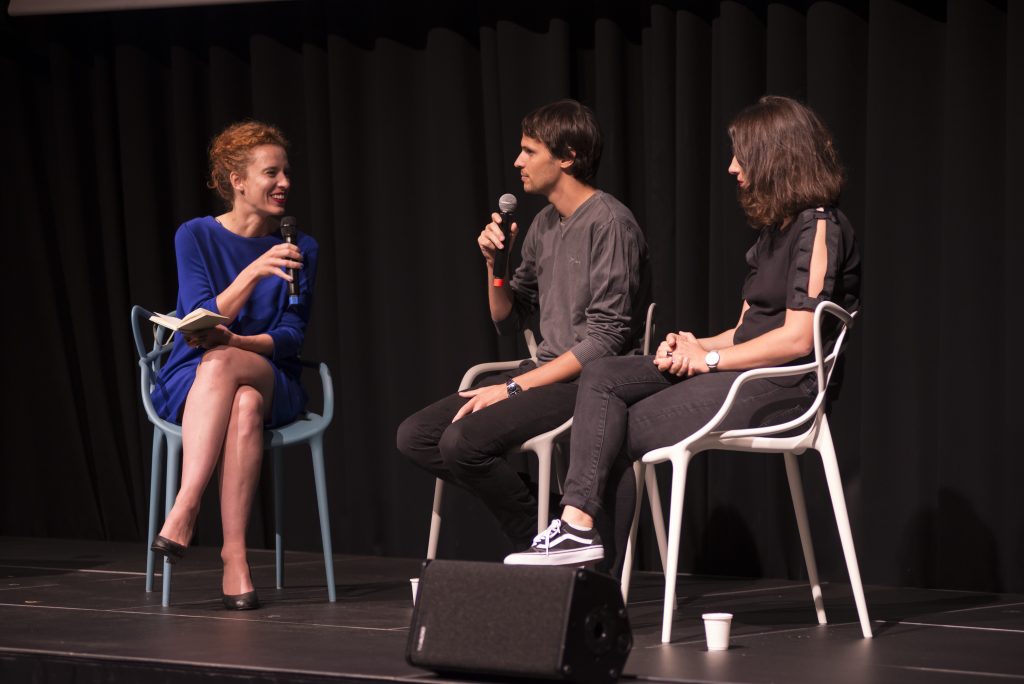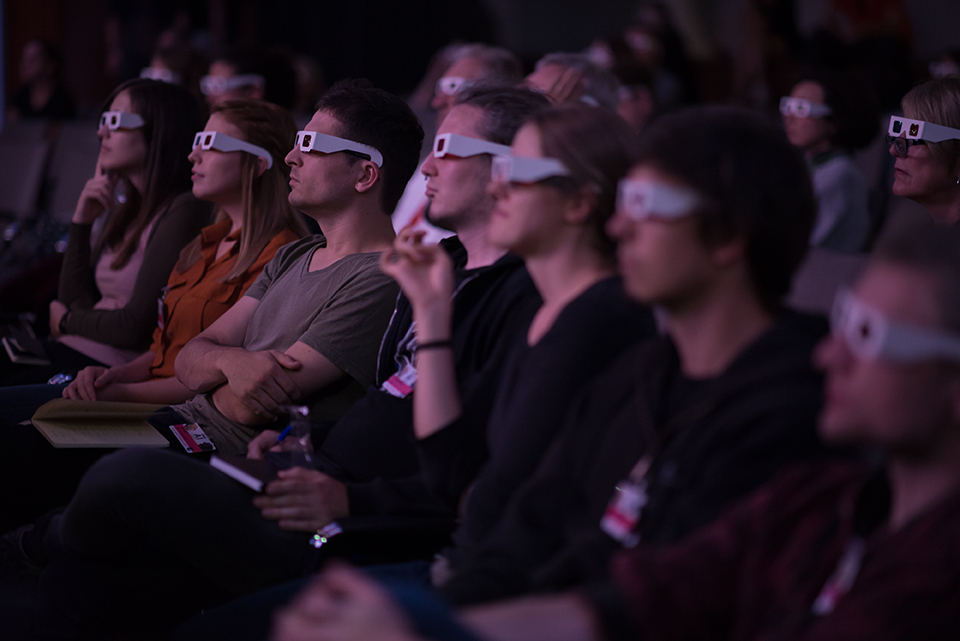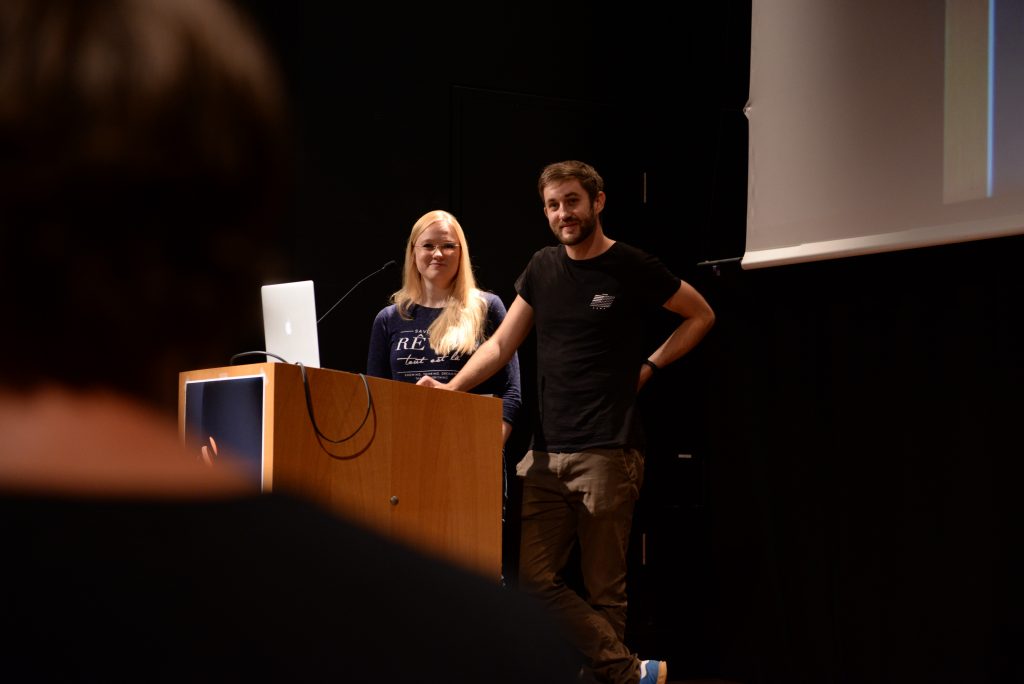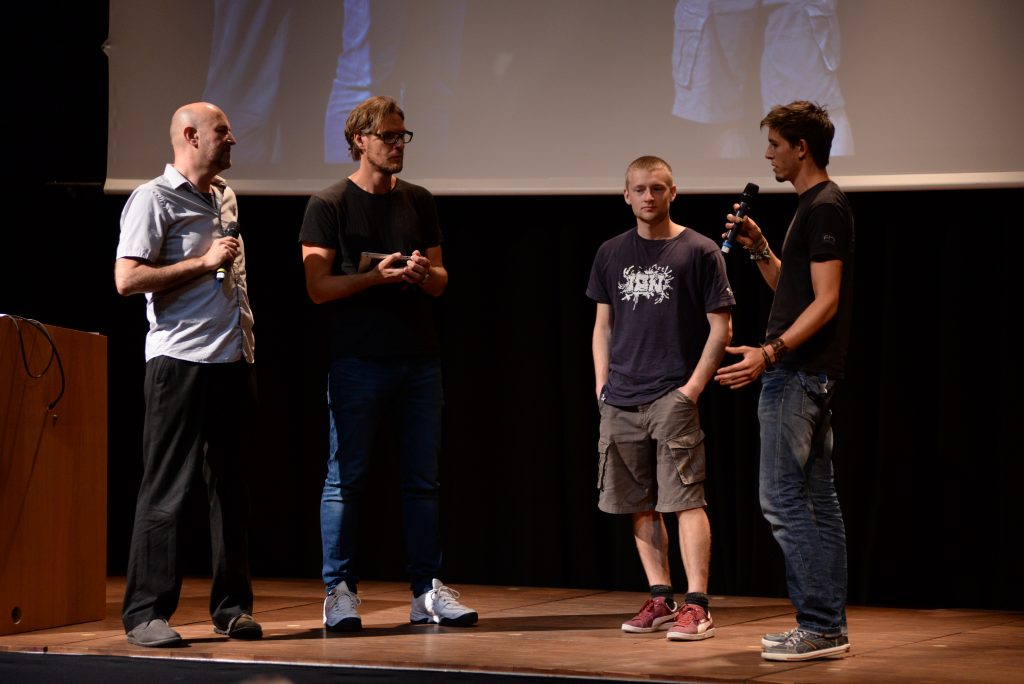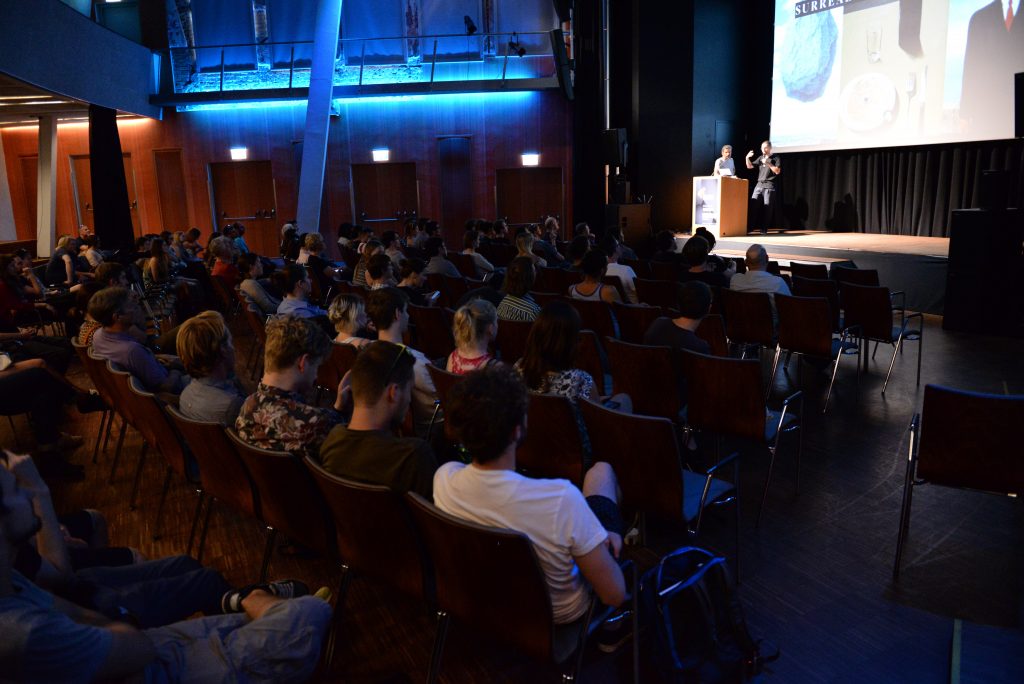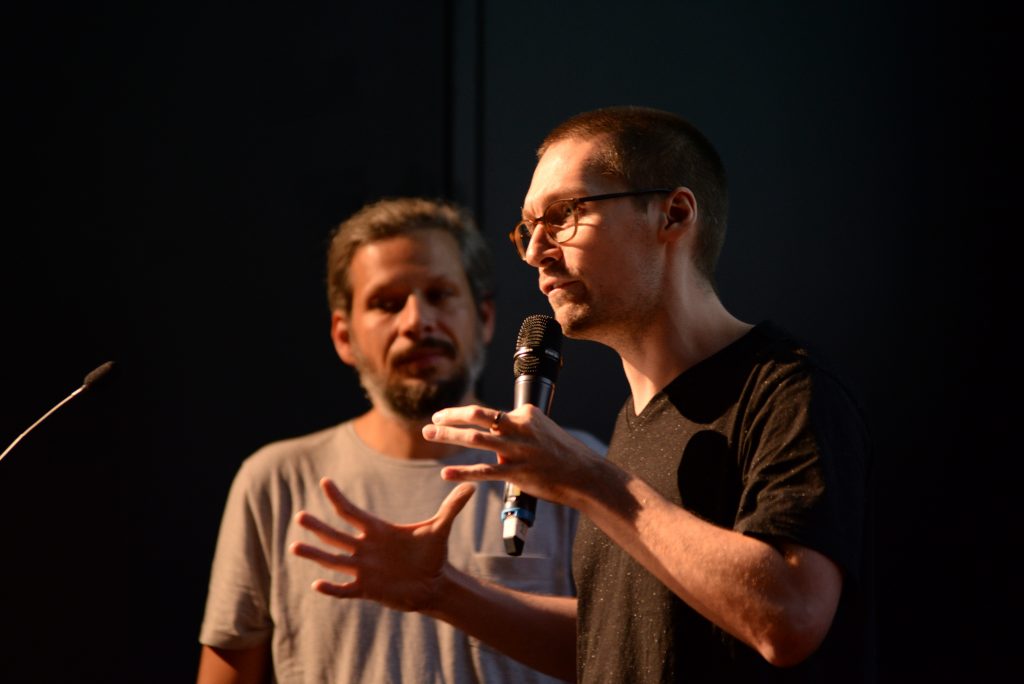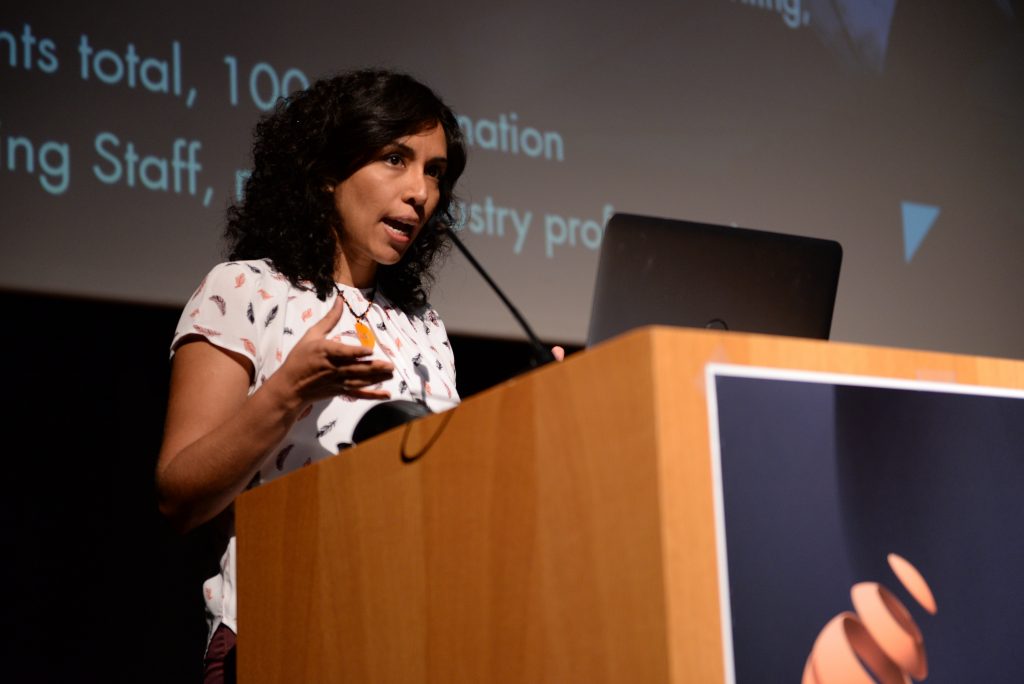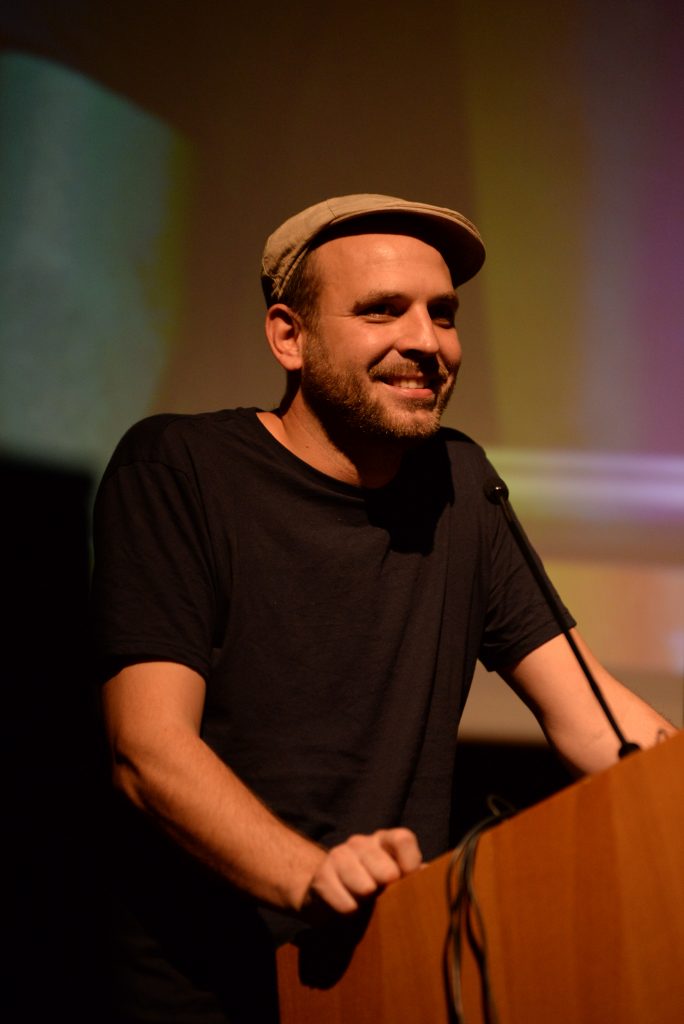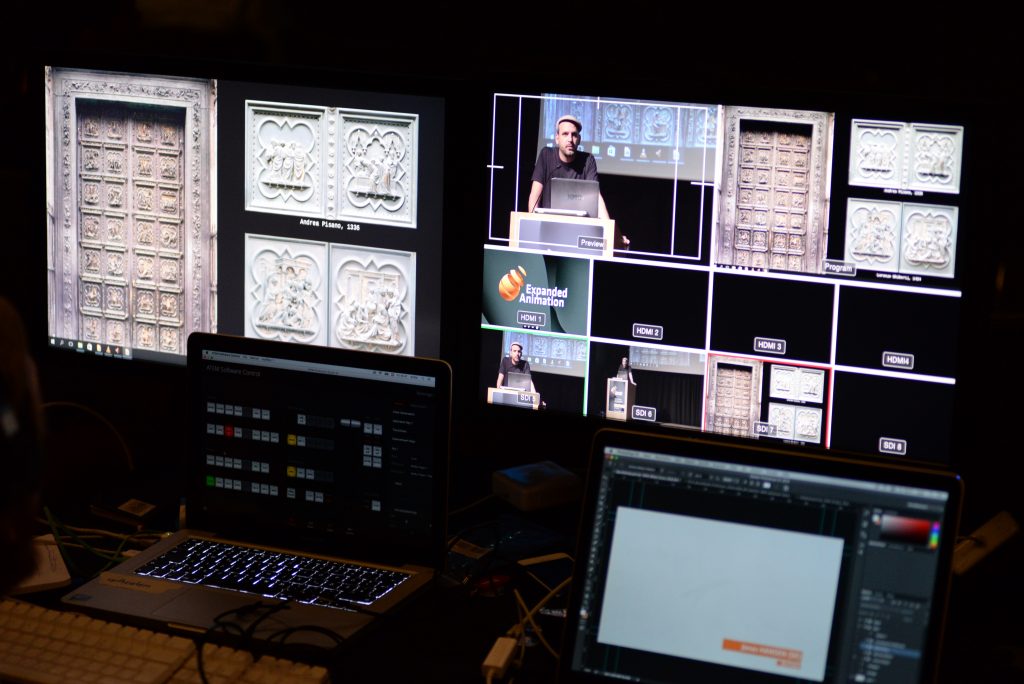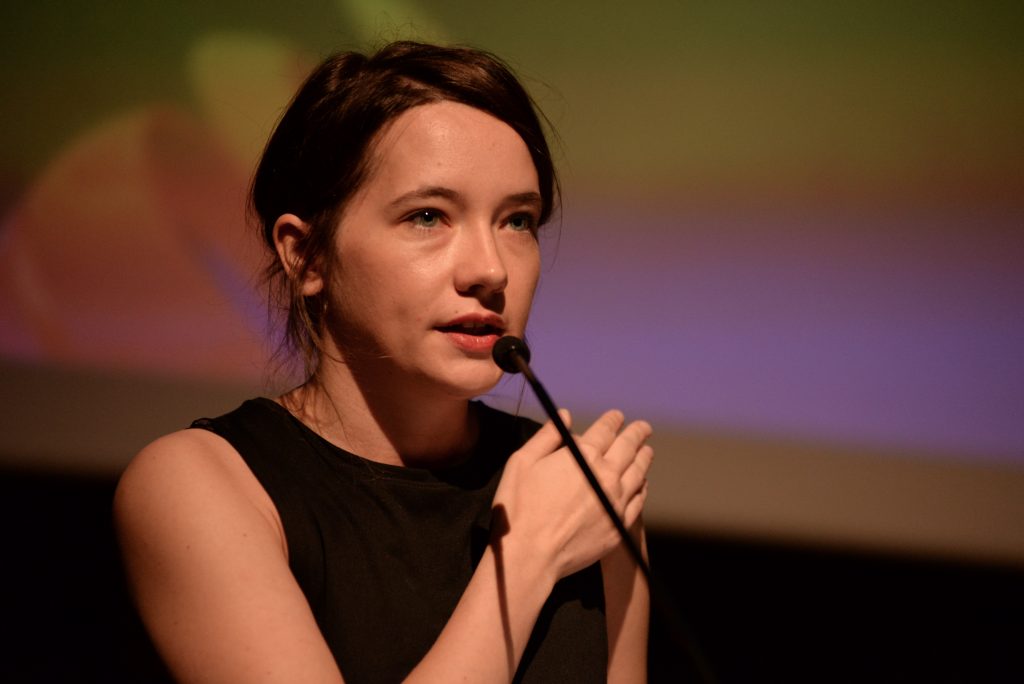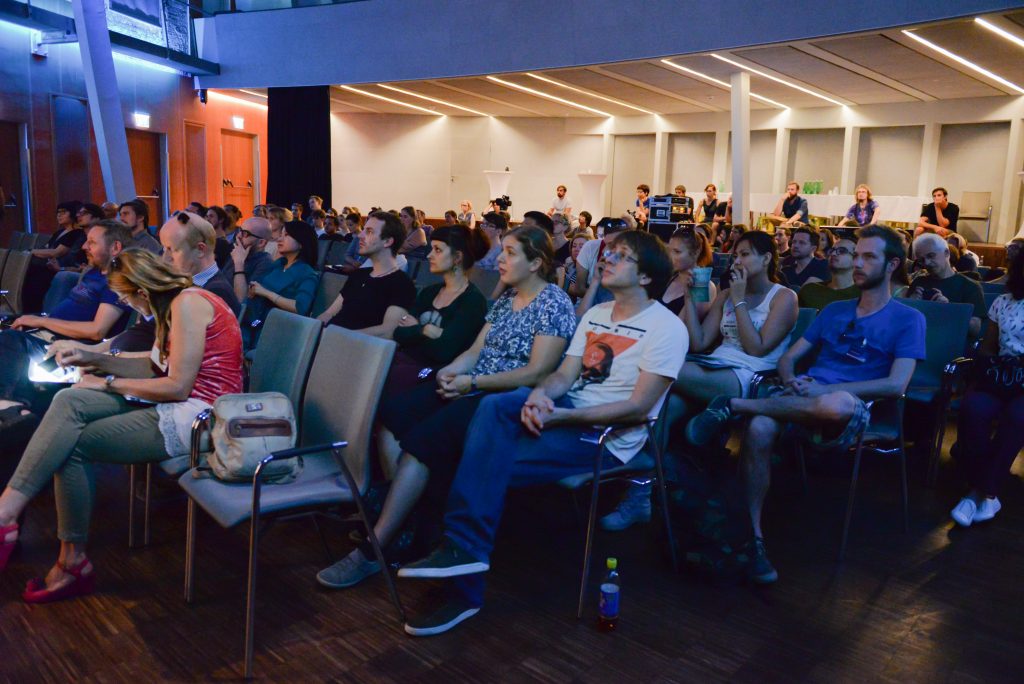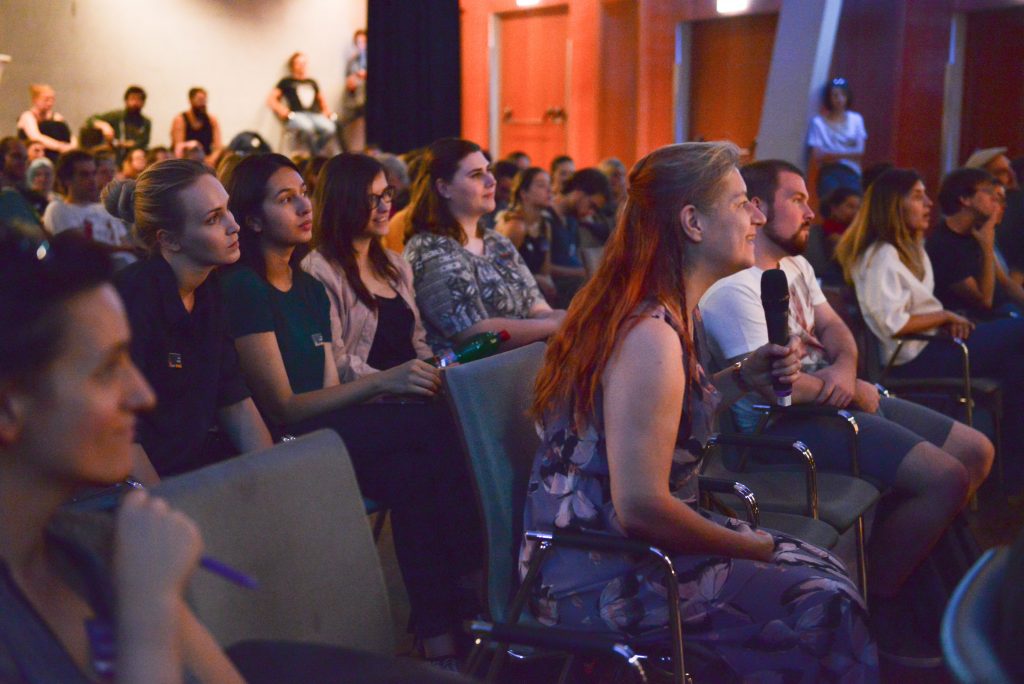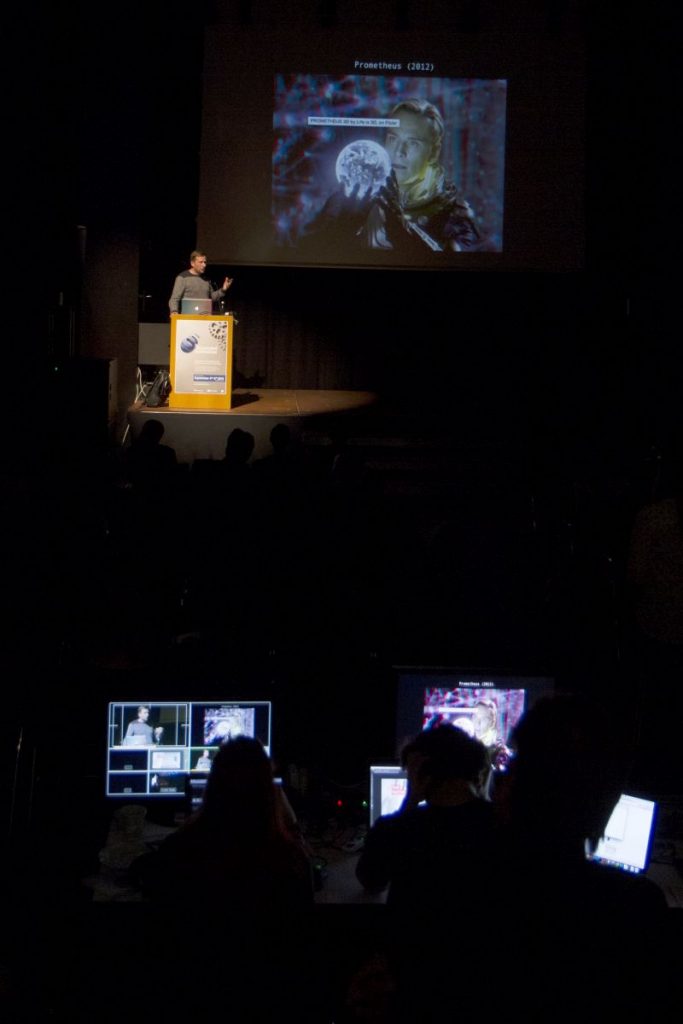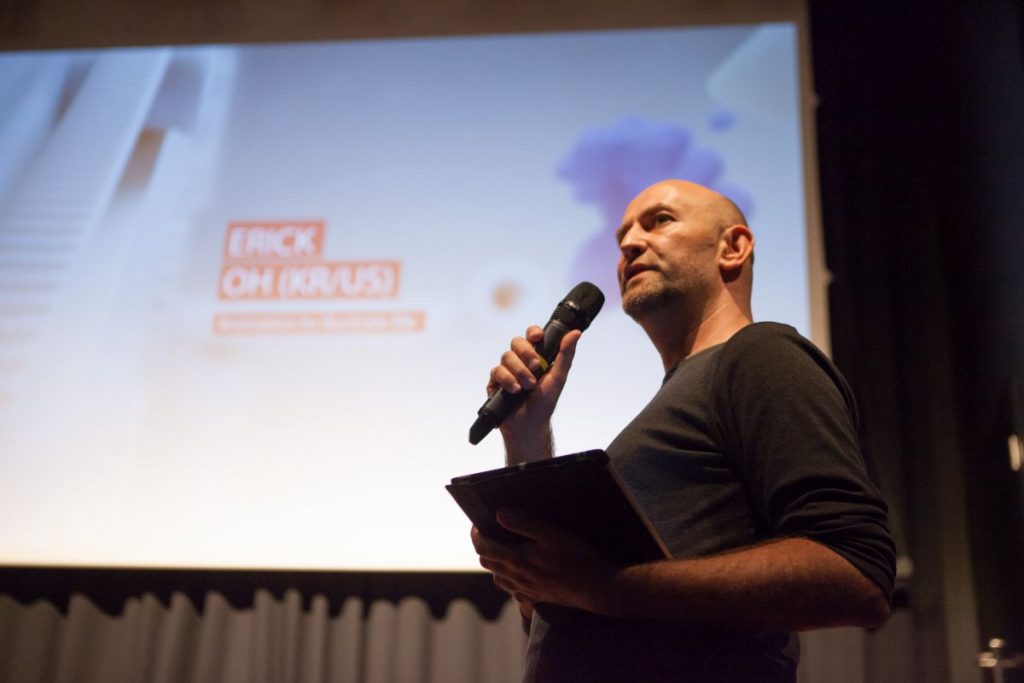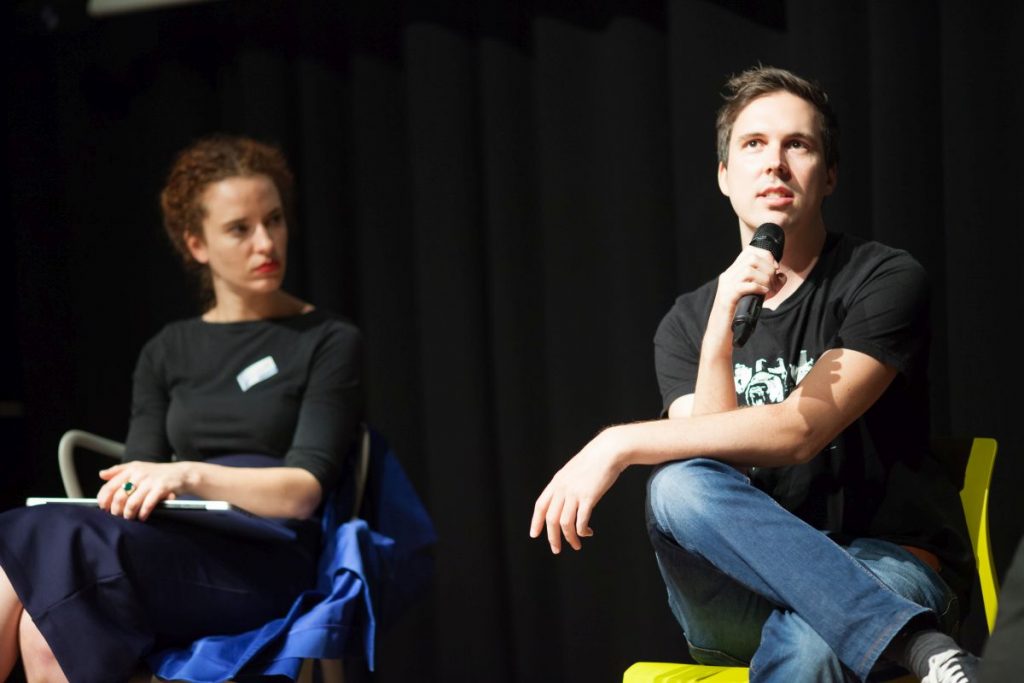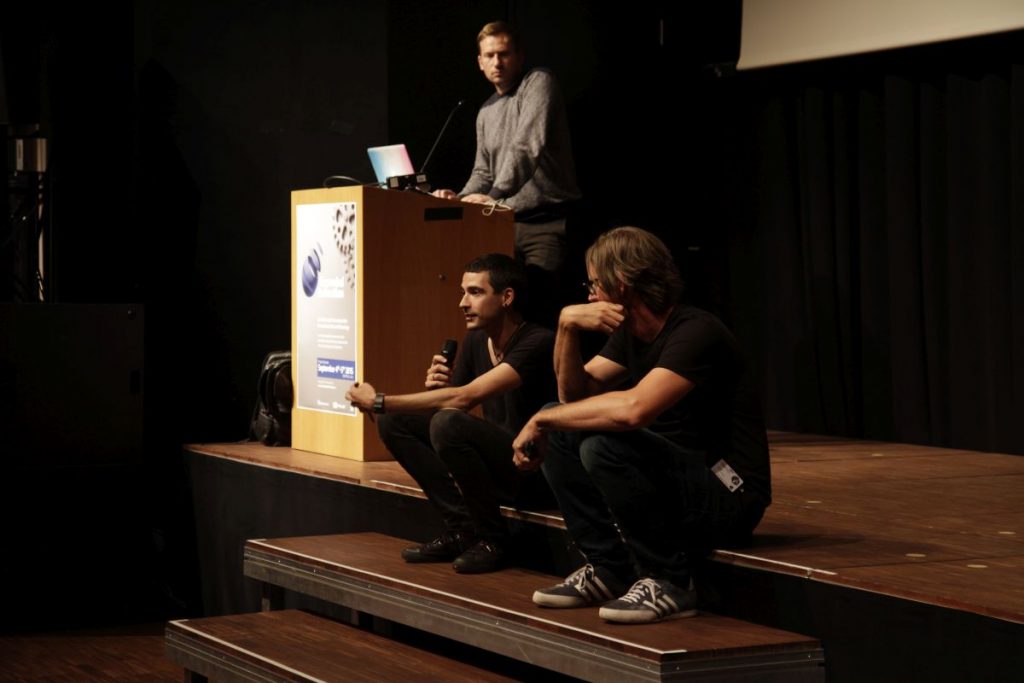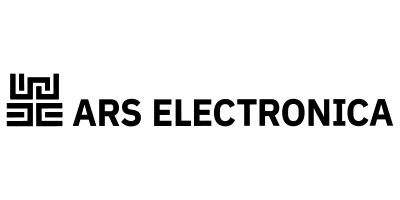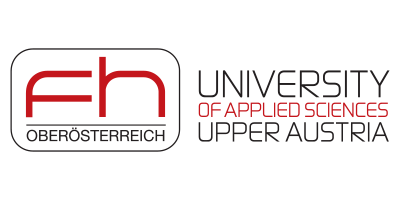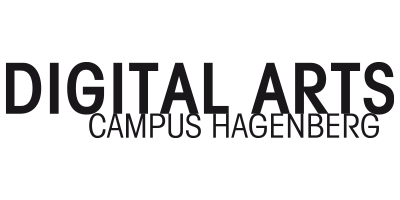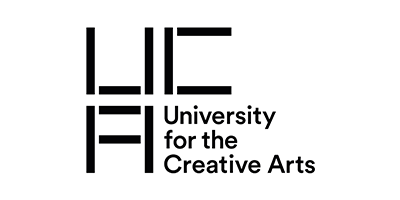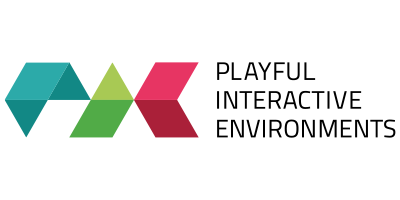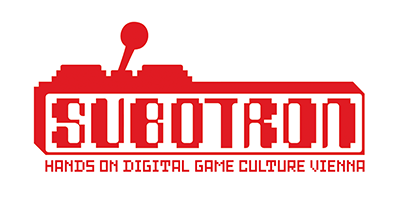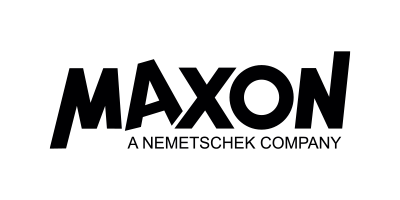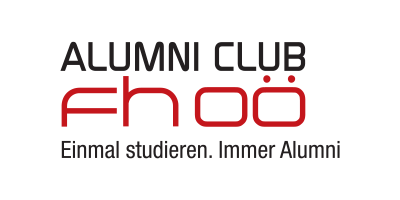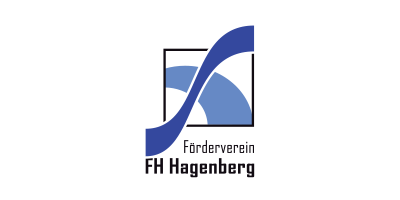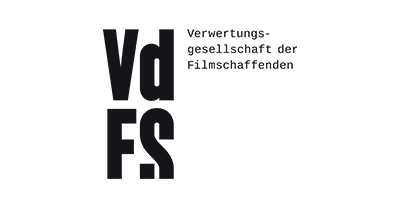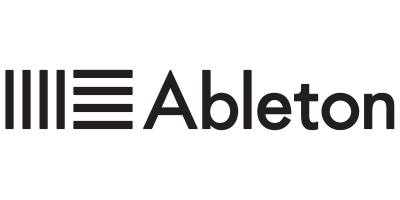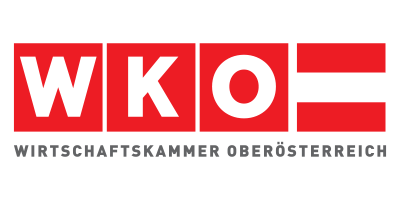This year’s Expanded Animation will be entirely virtual. Participate in the live event on YouTube.

Join Us Online
Expanded Animation 2020
The eighth edition of the Expanded Animation symposium bears the title The Appeal of Analog and addresses the attraction of animation in the context of performance, interaction, computer games, and audio. The symposium takes place as part of the media art festival Ars Electronica 2020 (September 9th–13th) and carries on a process initiated in 2013 that regularly presents theoretical positions and perspectives from the art world, the field of R&D, and the industrial sector. Due to the Covid19 pandemic, the media festival and thus also this year’s symposium will mainly take place in virtual space.
The panel Artist Position kicks off the symposium with cutting-edge contributions from Réka Bucsi (HU), Max Hattler (DE/HK), and Erick Oh (KR/US). The second day is dedicated to the topics Real Time and Art & Industry, followed by a panel discussion regarding A New Media Manifesto from London. The event concludes with the Prix Forum, featuring the winners of the Prix Ars Electronica Computer Animation category, Miwa Matreyek (US), Maja Gehrig (CH), and Randa Maroufi (MA/FR), as well as the online screening of Electronic Theater, a current selection of computer-animated films.
In cooperation with the University for the Creative Arts, Farnham, the symposium will spend the third day examining the interactions between animation and audio from a scientific perspective. Researchers and artists were asked to submit contributions on the subject of Synaesthetic Syntax: Sounding Animation/Visualising Audio. This scientific/artistic survey features a keynote presentation from the media artist Rose Bond (CA/US), followed by three panel discussions on the topics of Hearing Colour Seeing Sound, In Front of Your Eyes and Ears, and The Kinaesthetics of Music and Vision.
Leading thinkers from industry, practice, and education will discuss the need and consensus for a A New Media Manifesto. Wide-ranging topics such as The Survival of Subculture in a Global Economy, Long-term Projected Trends in Education, and A New Plurality will be led by J. Harry Whalley (UK) and Laura Lee (UK/DE) from www.audio-research.com at UCA, followed by examples of performance and practice.
Two workshops, Unreal Game Engine and Procedural Concepts in Modeling and Animation will also take place at the Hagenberg campus of the Upper Austria University of Applied Sciences as part of the symposium. The courses are also accessible to virtual attendees and offer insight into procedural animation techniques and the production of filmmaking with game engines.
SPEAKERS
This year we are proud to feature amazing speakers from all around the world.
Prix Forum
Artist Position
Real-Time: Appeal of the Analog
Art & Industry
Synaesthetic Syntax: Sounding Animation / Visualising Audio
A New Media Manifesto
Jury – Prix Ars Electronica / Computer Animation
PROGRAM
This year’s symposium features five distinct tracks: the Prix Forum, the panel Artist Position, Real-Time: Appeal of the Analog, Art & Industry, and the Synaesthetic Syntax conference.
All scheduled times are local Austrian time (Europe/Vienna). Use the dropdown below to switch to a different timezone.
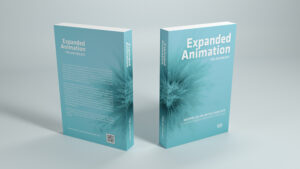
Expanded Animation – Mapping and Unlimited Landscape
The symposium Expanded Animation began in 2013 and offered a first approach to the expanding field of computer animation. It has since become an established part of the Ars Electronica Animation Festival and the international competition Prix Ars Electronica Computer Animation. Every year under an overarching theme, the symposium has researched the field of technology, art, animation, and aesthetics, investigated the collapsing boundaries in digital animation, and explored positions and future trends. As with the first conferences on computer animation at Ars Electronica in the 1980s, practice and theory are equally important. The richly illustrated publication Expanded Animation: Mapping an Unlimited Landscape features contributions from speakers and artists from the past six years and presents an overview of the prize winners in prix category Computer Animation from 2011 to 2018.
250 pages, 250 Illustrations
37
TALKS
38
SPEAKERS
12
COUNTRIES
25
LIVESTREAMS
SYNAESTHETIC SYNTAX

Synaesthetic Syntax: Sounding Animation / Visualising Audio
Submission deadline: 17th May 2020
Symposium details: Sunday 13th September 2020, Live Broadcasting Event during the Ars Electronica Festival
Submission link: https://easychair.org/conferences/?conf=ea2020
Faced with the infinite possibilities of faking through digital production, might there be a craving to return to that which is material and sensible: work that is improvised, spontaneous, and can be experienced fully with all the senses? A move away from simulated, synthetic perfection to the handcrafted and the imperfect, which evidences the trace of human touch and intimate presence?
This year the Expanded Animation events at Ars Electronica extend into a dialogue about relationships between the senses, in particular the auditory and the visual. What are the rules, principles, and processes that govern correlations between sound and animation? How might these be explored, unpacked and reassembled?
Keynote Speaker
Our Keynote Speaker is media artist, Rose Bond, who produces work at the juncture of cinema, animation and experiential design. She will be presenting her latest animated collaboration with the Oregon Symphony Orchestra on a live performance of Luciano Berio’s Sinfonia.
Submission Guidelines
In response to these themes, we call for academics and artists to propose 20-minute papers that bring the disciplines of music, audio art, and animation together from a variety of perspectives: from historical or theoretical analysis to new and surprising practice. The proposal should include an abstract of no more than 500 words (including references) and a short biography of no more than 200 words.
Submission is via Easy Chair at https://easychair.org/conferences/?conf=ea2020 where you will be prompted to set up a free Easy Chair account. All selected speakers will be given a free pass to the 2020 Ars Electronica Festival.
List of Topics
Suggested topics include
Hearing Colour Seeing Sound
Can music become visual? How did pioneers of visual music such as Oskar Fischinger and Mary Ellen Bute translate melody, harmony, and rhythm into the form of animation? And can moving drawings become music? Is Oramics, Daphne Oram’s drawn sound machine, a form of animation? How can historic and/or contemporary practice demonstrate synaesthetic syntax?
In Front of Your Eyes and Ears
With a perceived disparity between the slow time taken to create animation and the instant time taken to perform music, how can animation be performed live? Can the audio and the visual be combined in improvised performance? How can live, hand scribing or music notation or coding or drawing be used to conjure spontaneous audio-visual performance? What is gained from real-time, instant creation in the present moment
Rhythmanalysis
Repetition and difference is at the heart of rhythm, at the heart of the algorithm, at the heart of animation, at the heart of lived experience. Rhythm is everywhere. From the natural – visceral, internal rhythms of the body breathing and the heart pumping or the slow changing of the seasons; to the artificial – externally imposed rhythms ordering us through the ticktock of mechanical clock-time or the ebb and flow of economic cycles. How does rhythm connect audio and animation? What might animation learn from audio and music theory and vice versa?
A Return to the Material
In an age of digital synthesis is there a craving for a return to the material? Do we long for haptic feedback and analogue experience: the touch of guitar strings, the feel of charcoal smearing under the fingers, banging a drum, painting on film? Is this simply a form of nostalgia or might it be thought through in new ways? How can it be brought together in the audio-visual?
Movement and Gesture
Whether performing an instrument or making marks for drawing, the gestural is a core part of human expression. How can kinaesthetic gesture be explored to create new kinds of audio-visual
experiences?
Organising Committee
The organisation is a collaboration between:
- Animation Research Centre, University for the Creative Arts, Farnham, UK;
- Audio Research Cluster, University for the Creative Arts, Farnham, UK;
- University of Applied Sciences Upper Austria, Hagenberg;
- Ars Electronica.
Venue
The conference will be held as a live and prerecorded online broadcast as part of Ars Electronica Festival 2020.
Contact
All questions about submissions should be emailed to animationresearch@uca.ac.uk
VIDEOS
Videos from Expanded Animation 2020.
GALLERY
Impressions from past Expanded Animation symposia.
PARTNERS & CREDITS
Organization
Expanded Animation is brought to you by a group of dedicated people from the University of Applied Sciences Upper Austria, Hagenberg Campus (FH OÖ), and the University for the Creative Arts, Farnham, UK (UCA).
Conference Organizers (FH OÖ)
Jeremiah Diephuis
Juergen Hagler
Wolfgang Hochleitner
Roland Keil
Michael Lankes
Patrick Proier
Christoph Schaufler
Alexander Wilhelm
Conference Organizers (UCA)
Birgitta Hosea
Laura Lee
Harry Whalley
Team (FH OÖ)
Daniela Braunsdorfer | Web
Simon Breithofer | Trailer
Christian Feichtinger | Web, Audio
Philipp Forstner | Tech Support
Thomas Fürst | Graphics
Nils Gallist | Social Media
Daniela Krückl | Audio
Julian Salhofer | Audio
Jessica Studwell | Teaser
